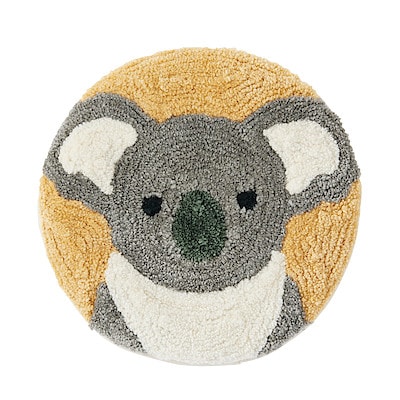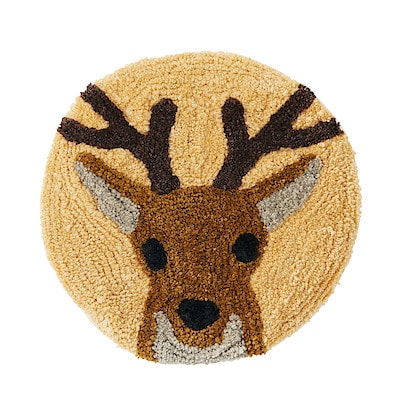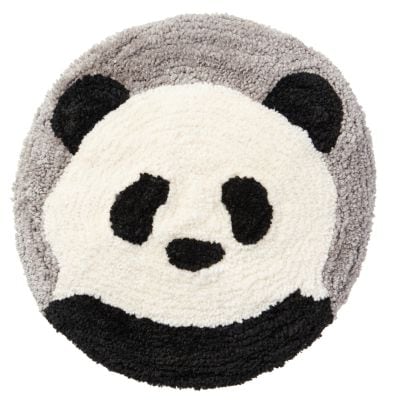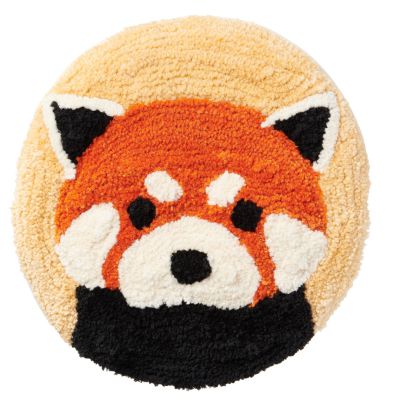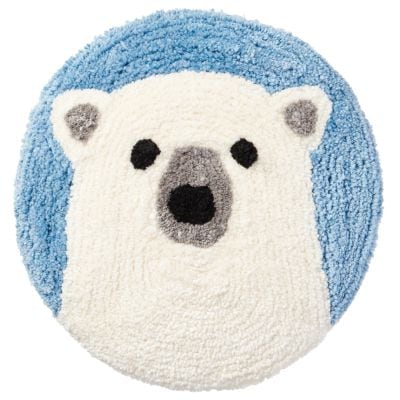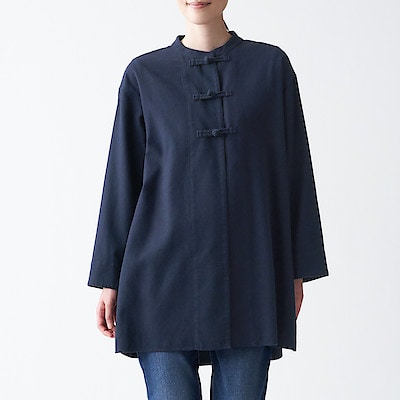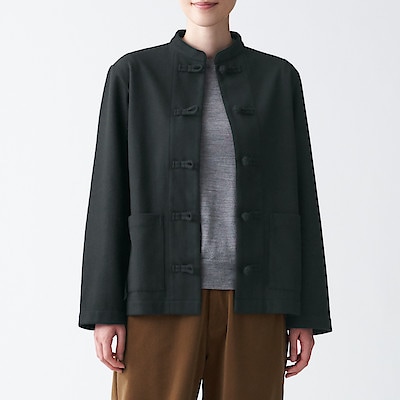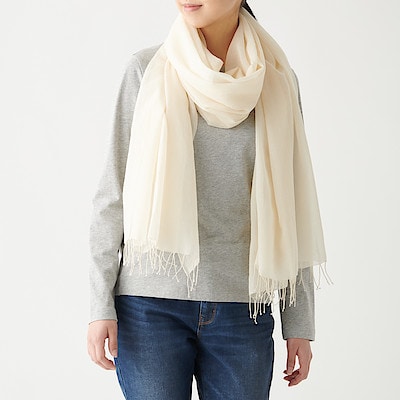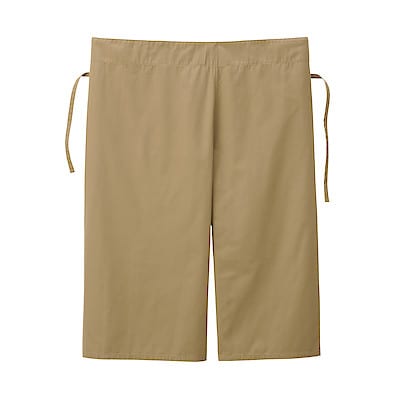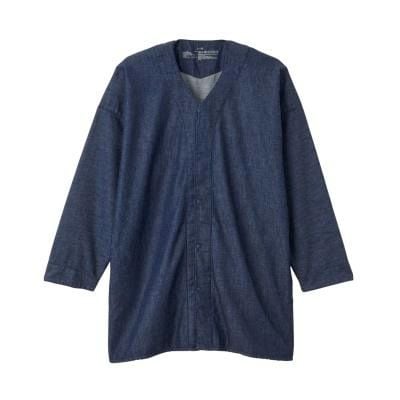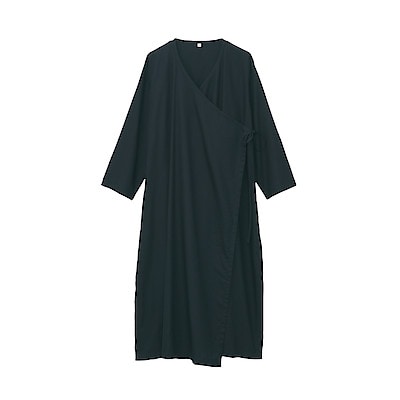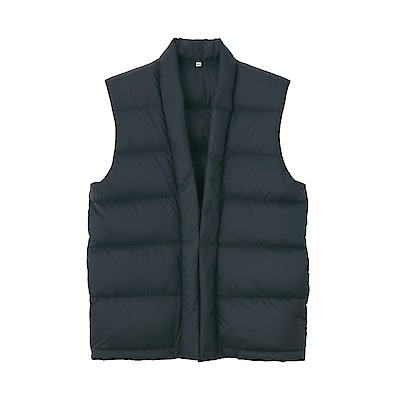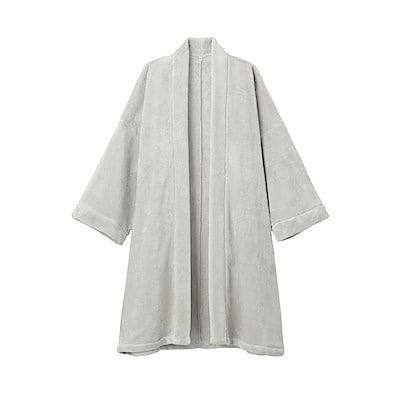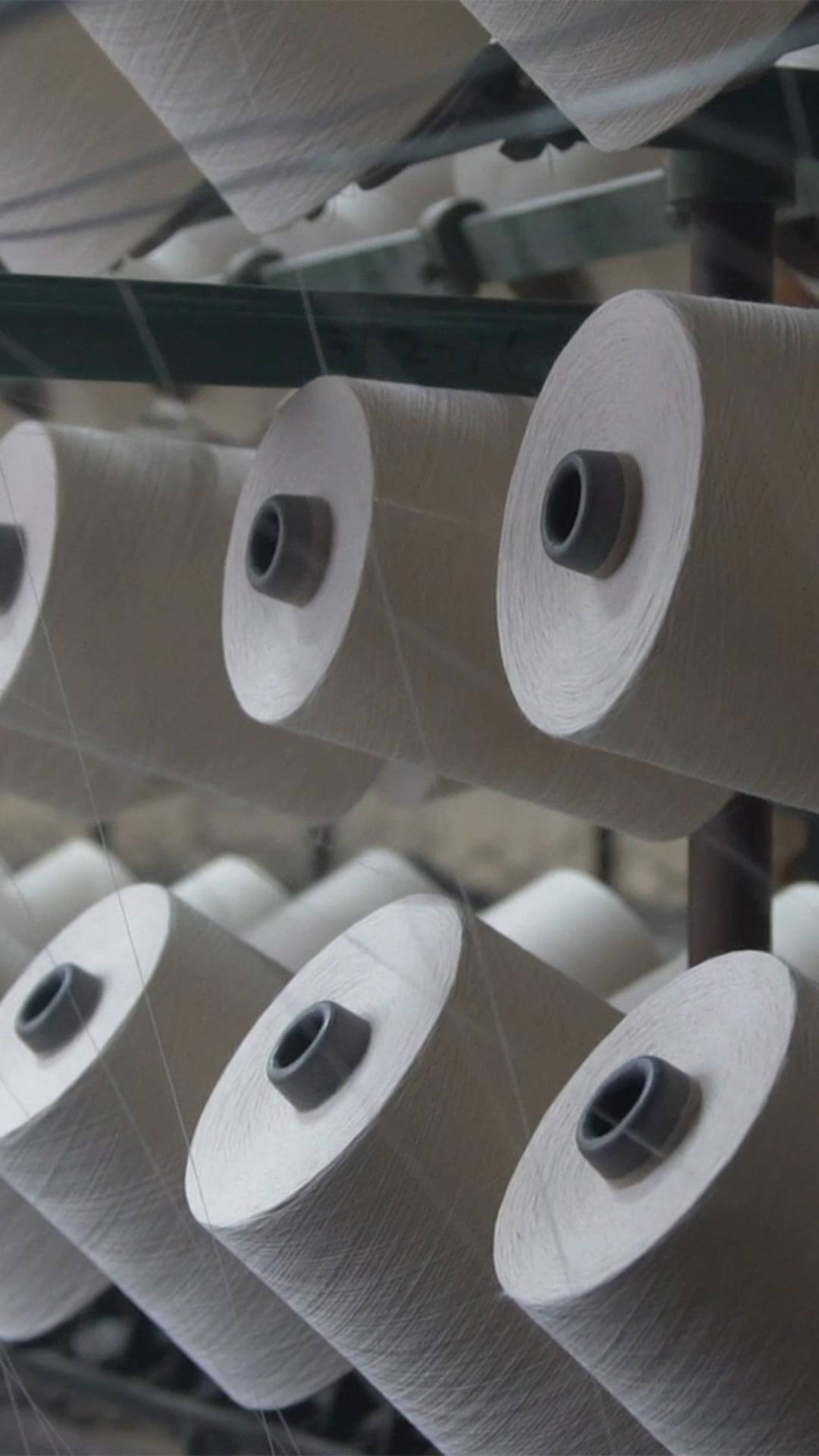
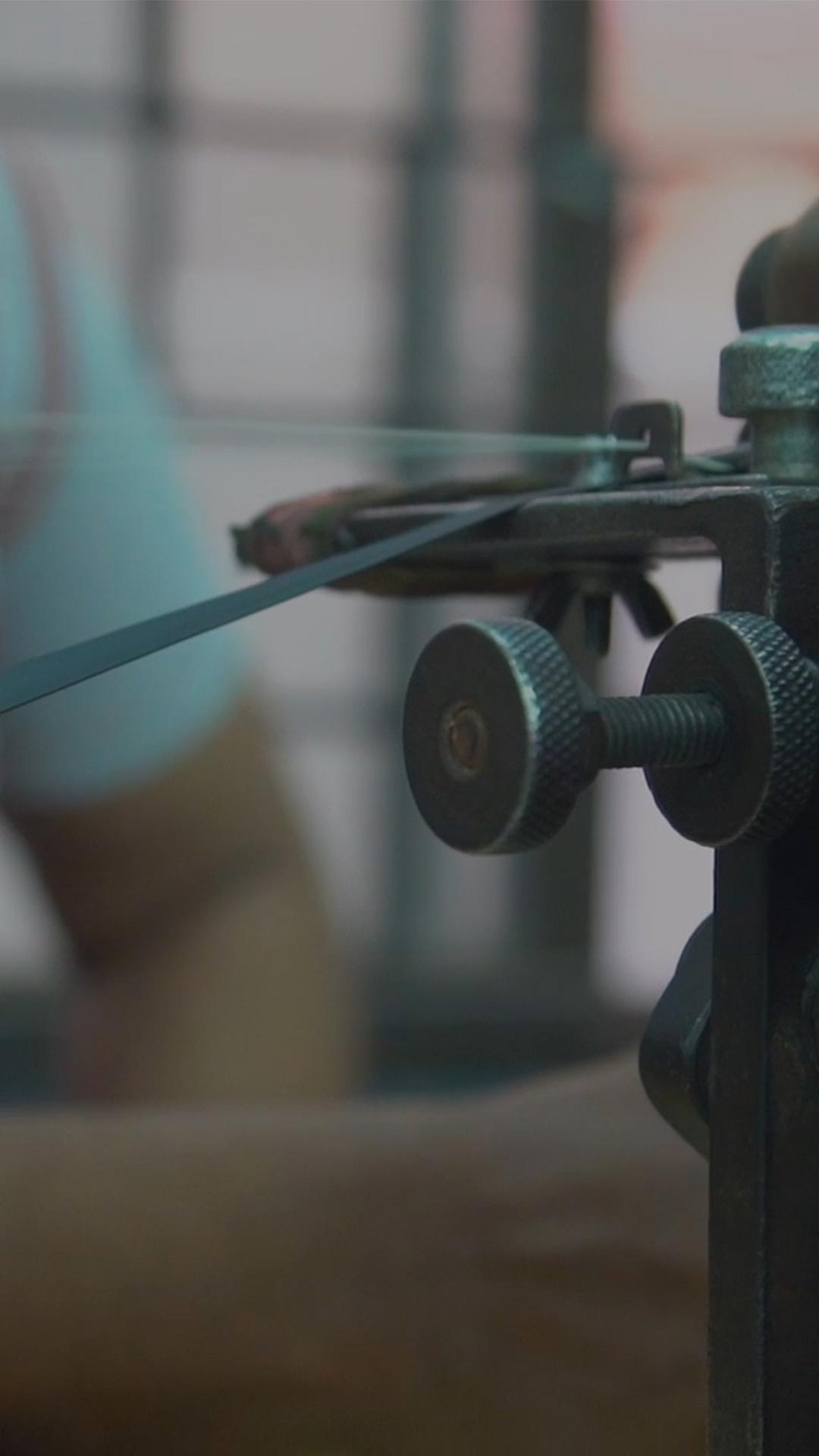
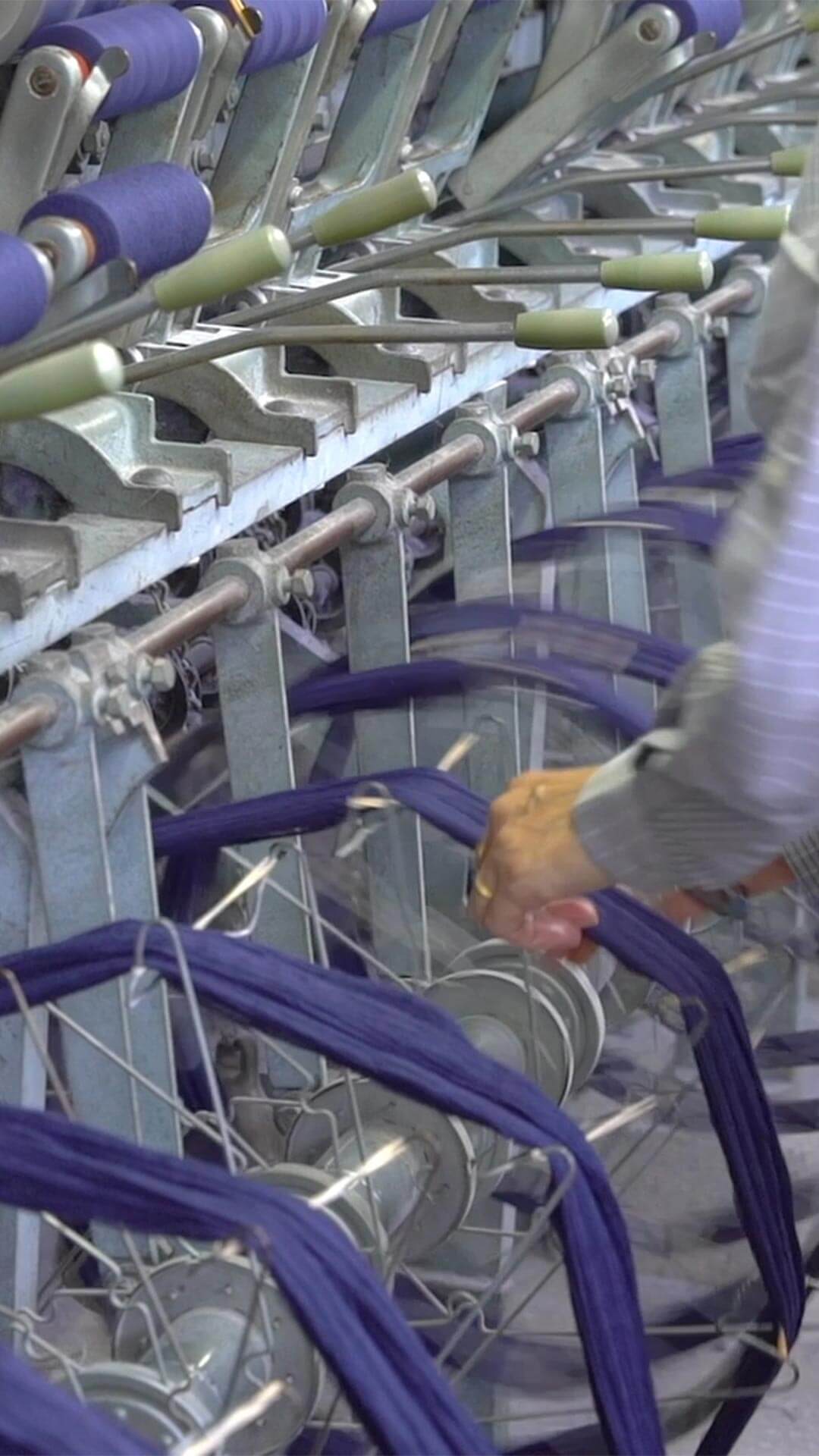
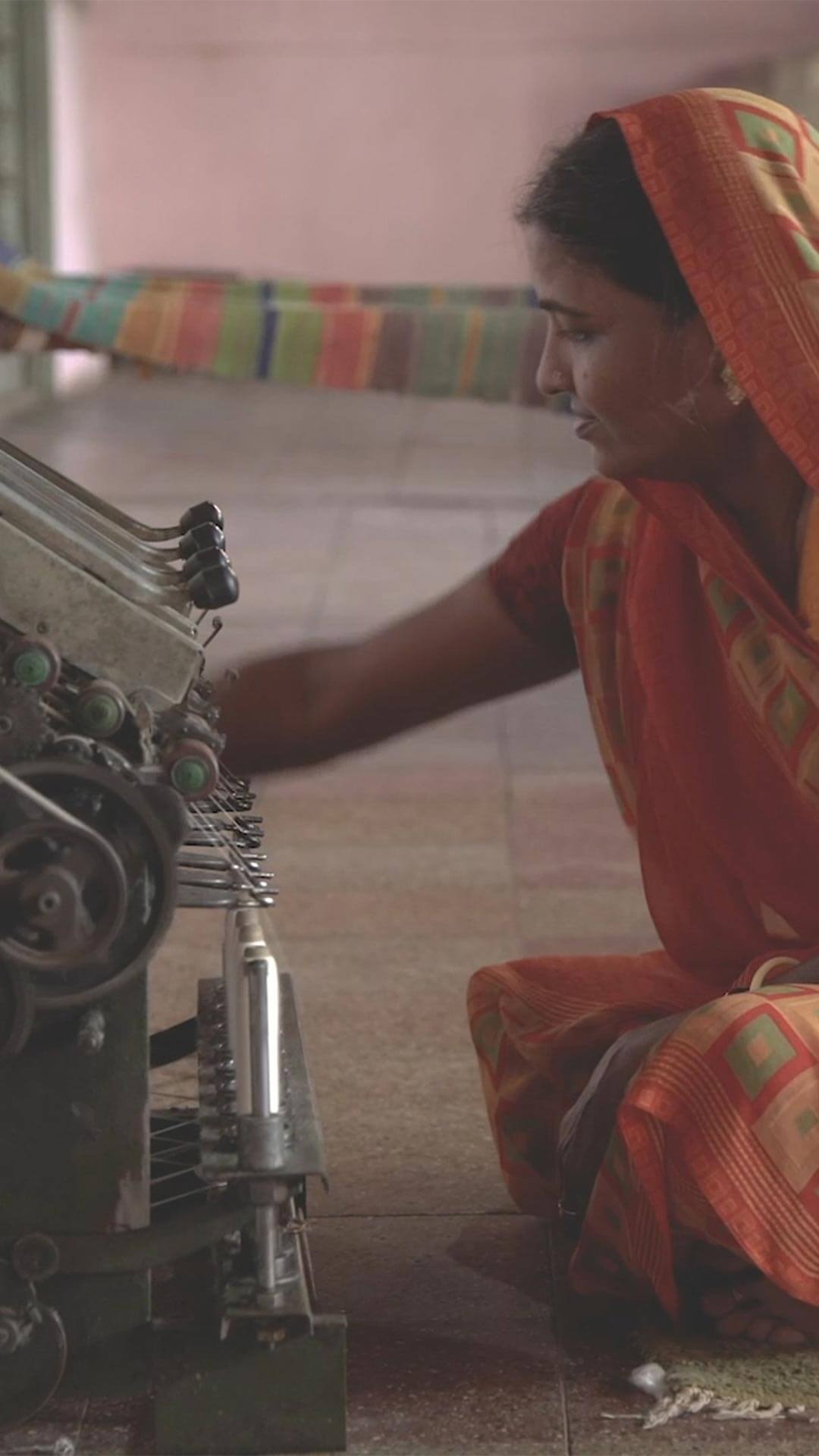
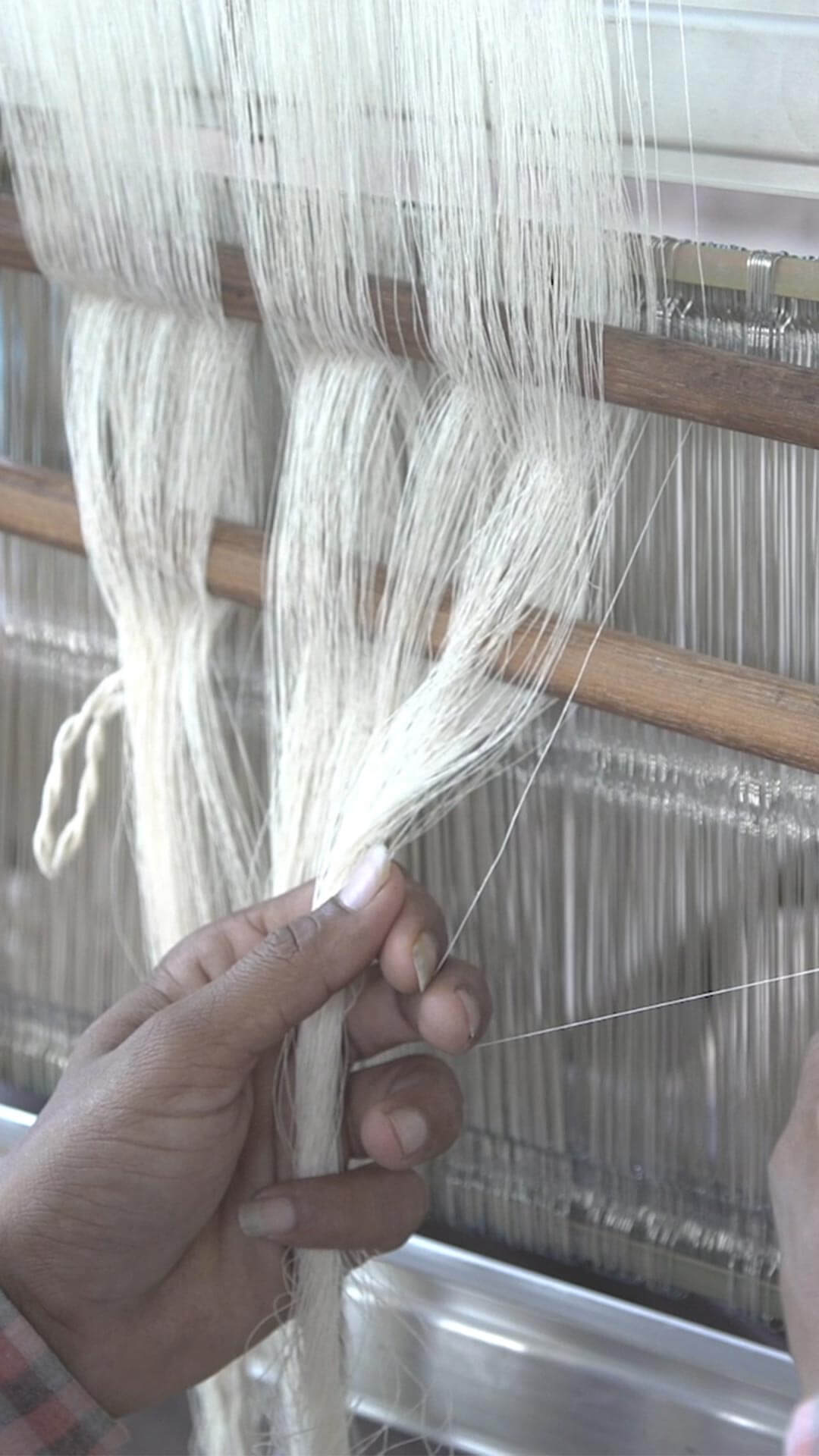
“Roots of Tradition” Daily Wear
Embodying the sensibility, wisdom and lifestyles of the East, MUJI incorporates traditional raw material and handicrafts in product development,
creates contemporary daily wear and aspires to pass on the quintessence of the cultures and connect people with locales. Referencing from cultures of Japan, China, India and Thailand,
the series features items including outers, stoles and tote bags for your versatile daily coordination.
-
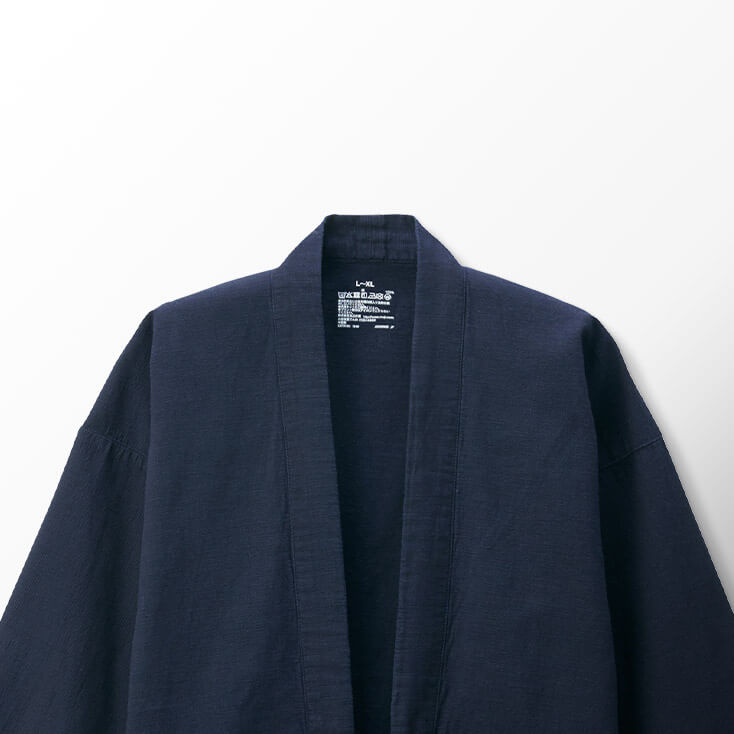
- Festive CeremonyInspired by Traditional Costume
Japanese Traditional Culture -
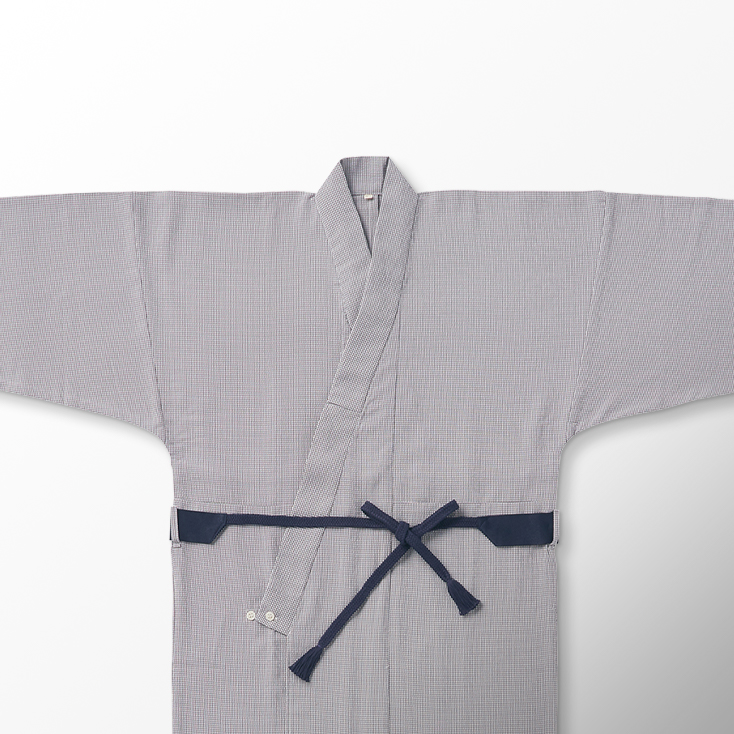
- YukataPrepare for Summer with Yukata
Japanese Traditional Craftsmanship -
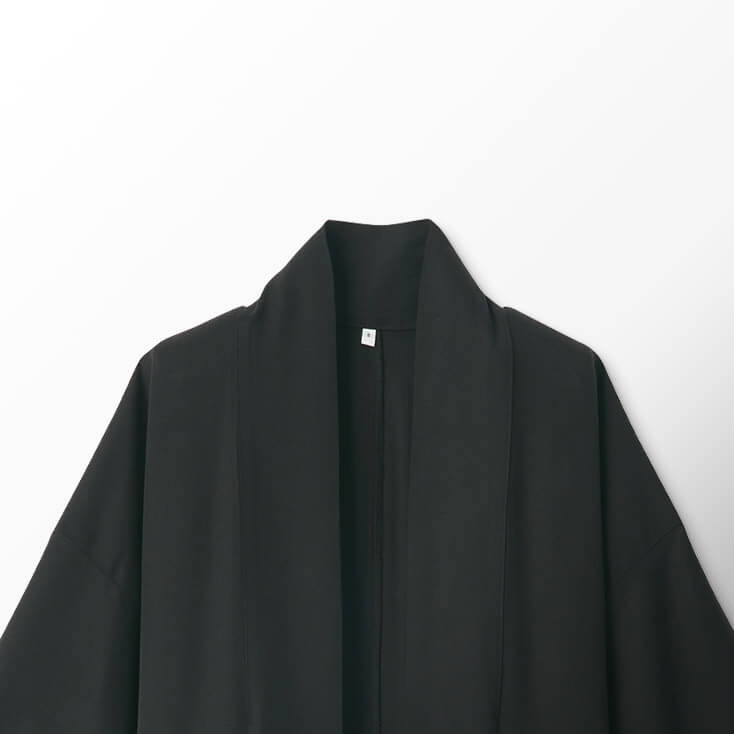
- HaoriLightweight and Comfortable for Layering
Japanese Traditional Wear -
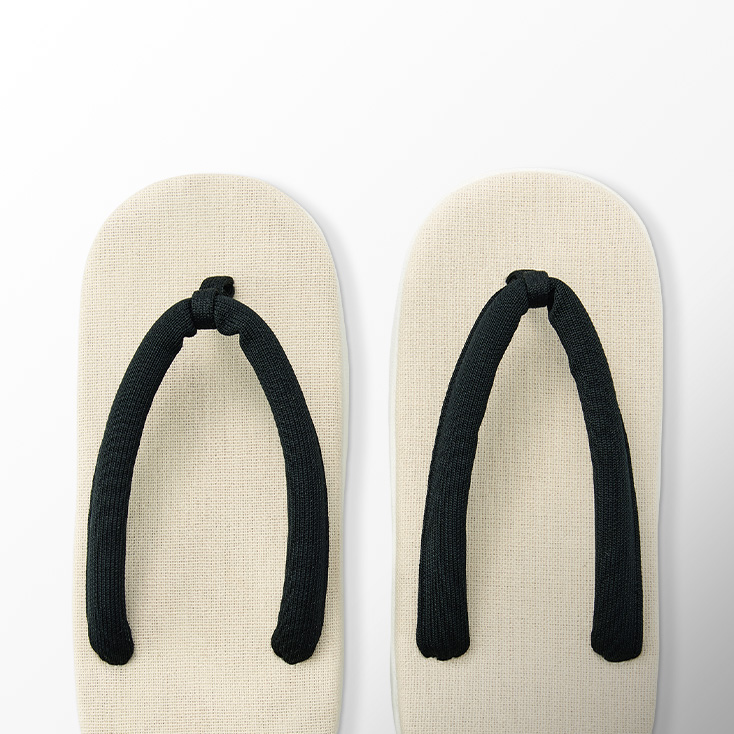
- SettaAuthentic Japanese Sandals
Japanese Traditional Wisdom -
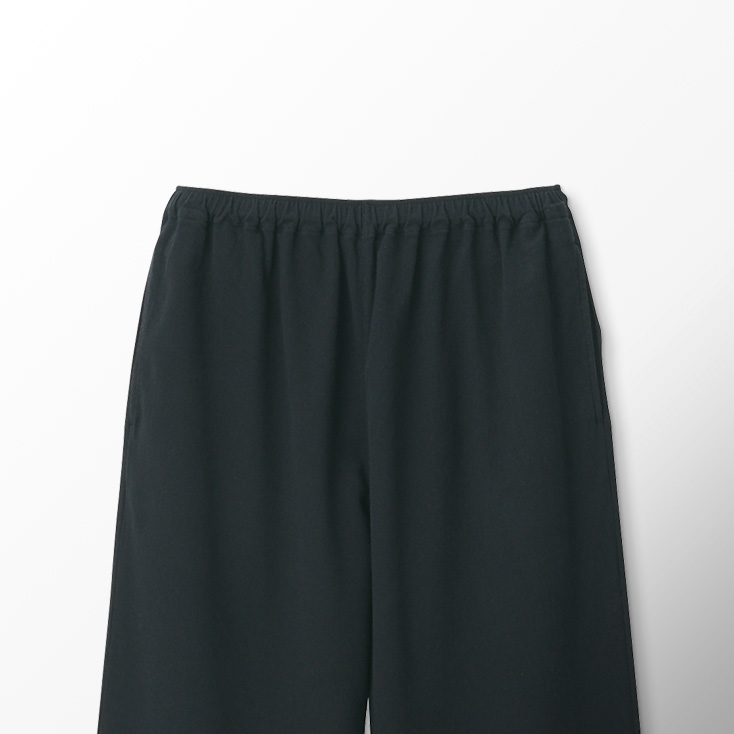
- Takashima Chijimi TextileBreathable and Comfortable Daily Wear
Japanese Traditional Craftsmanship -
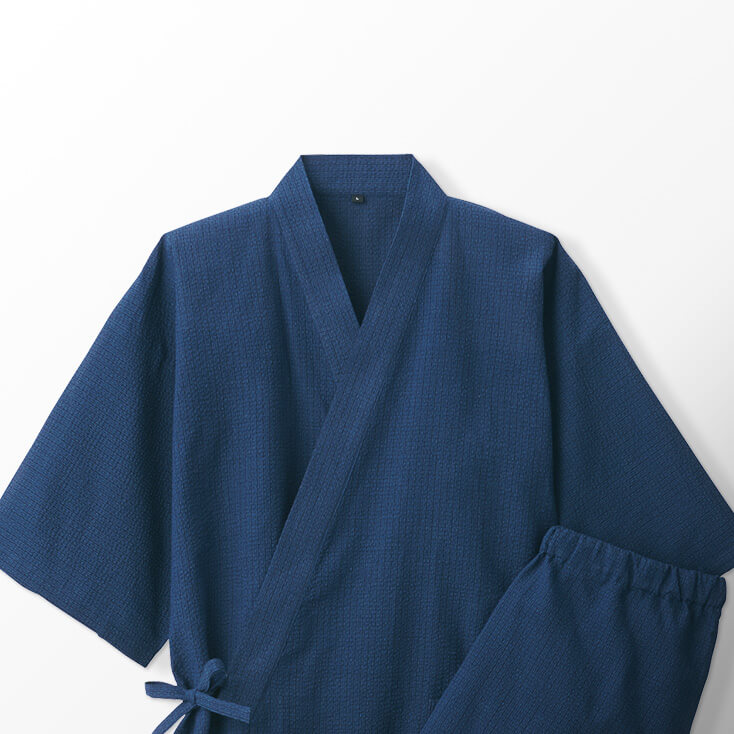
- Awa Shijira-Ori TextileProduced by Dedicated Craftsmen
Japanese Traditional Craftsmanship -
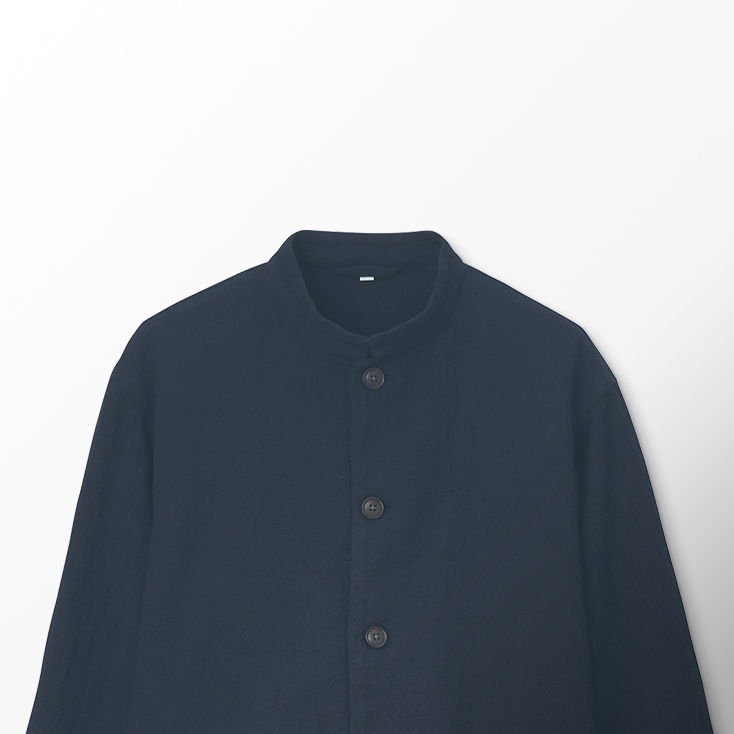
- Wide Ankle Pants and Jackets Breathable and Comfortable
Japanese Traditional Craftsmanship -
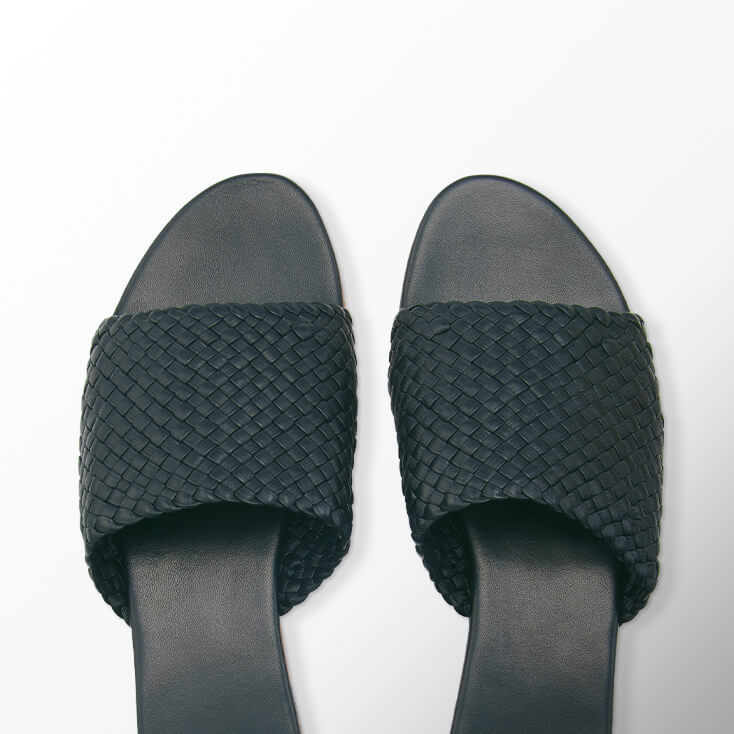
- Handwoven LeatherGentle and Soft Leather Goods
Indian Traditional Craftsmanship -
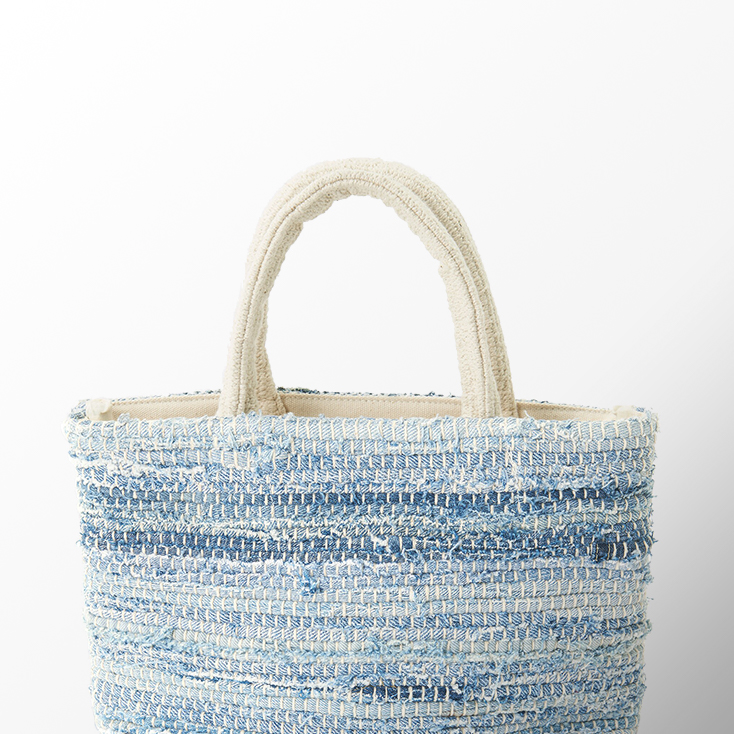
- Handwoven TextilePassing Down Through Generations in India
Indian Traditional Craftsmanship -
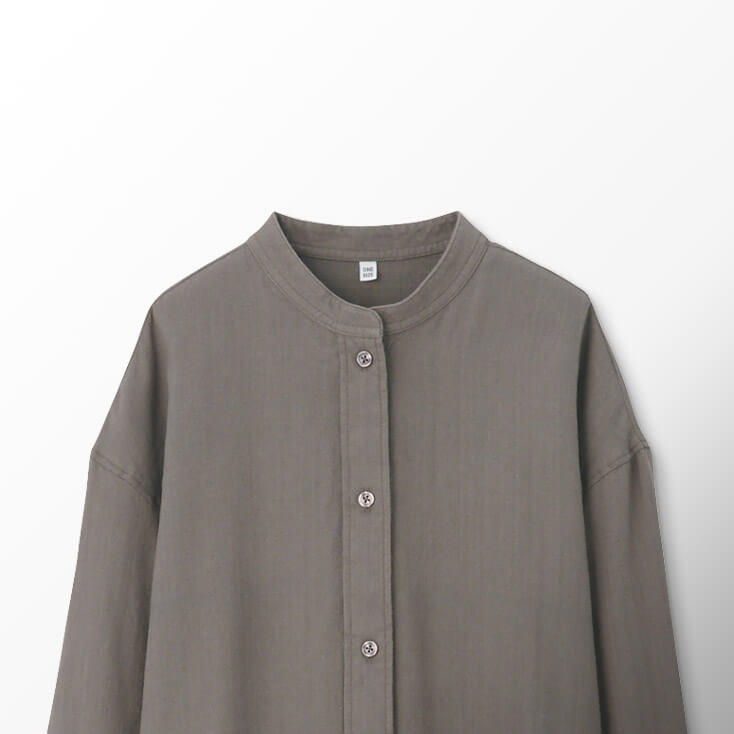
- Handwoven Textile (Khadi)A Traditional Piece for Generations
Indian Traditional Craftsmanship -
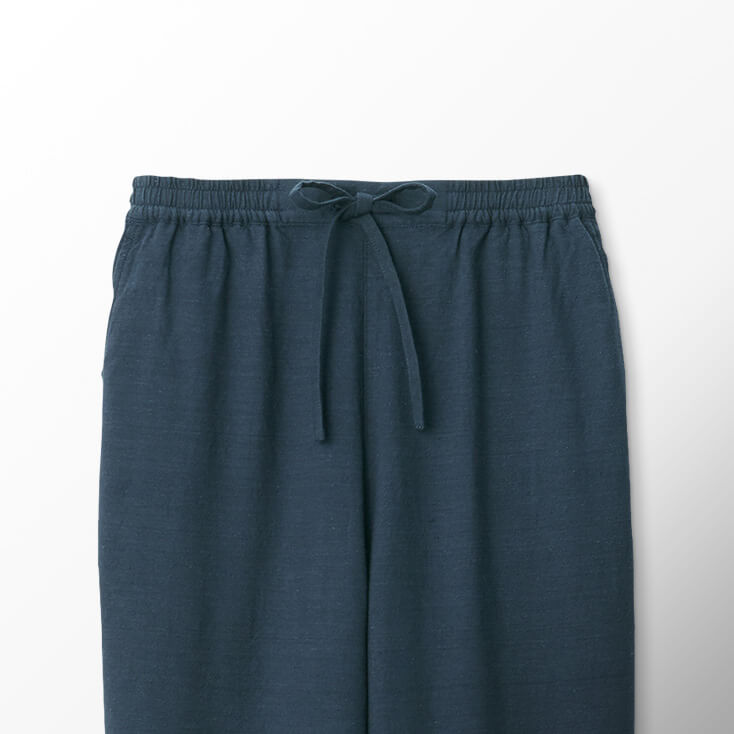
- Handwoven Textile (Khadi)A Traditional Piece for Generations
Indian Traditional Craftsmanship -
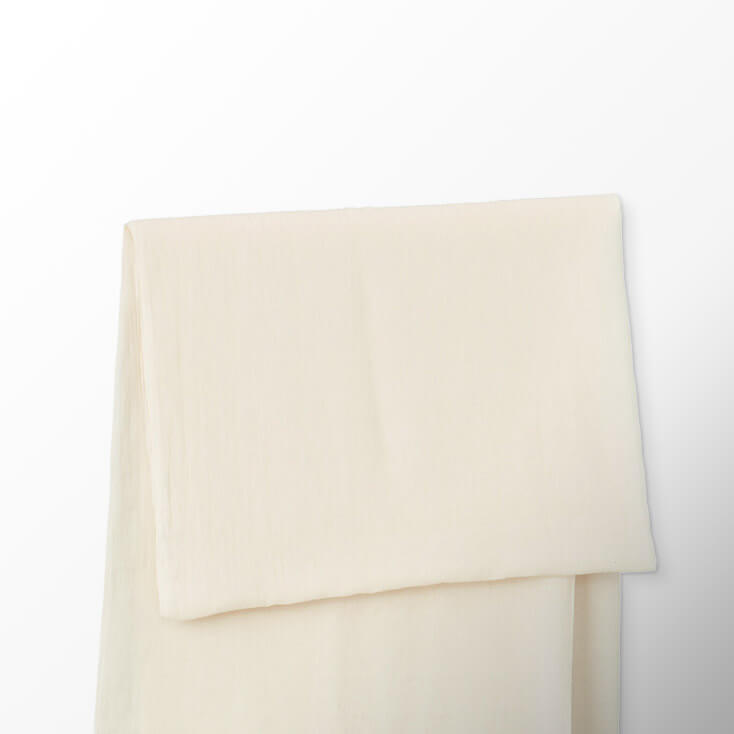
- Handwoven Textile (Galgili) Simple and Comfortable
Indian Traditional Craftsmanship -
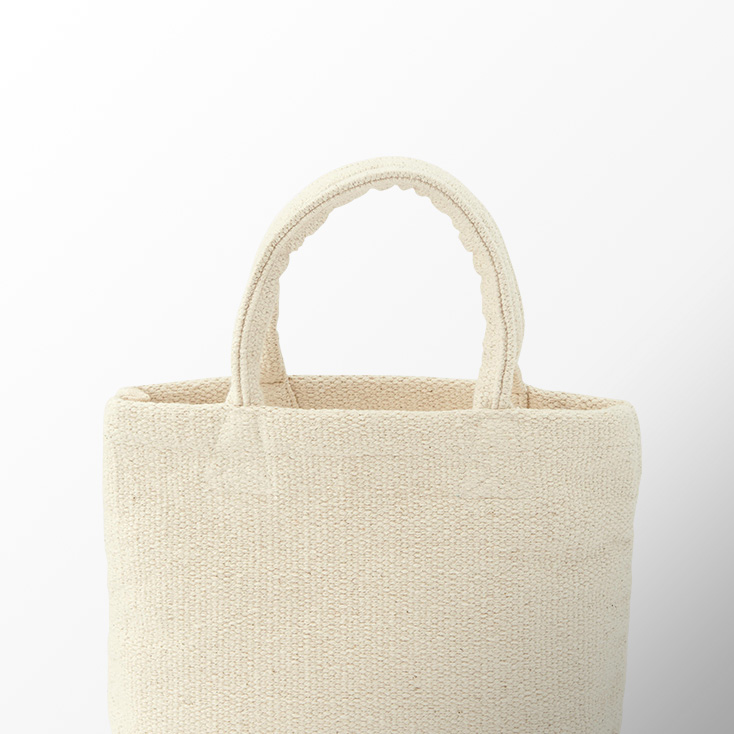
- Handwoven Textile Passing Down Through Generations in India
Indian Traditional Craftsmanship -
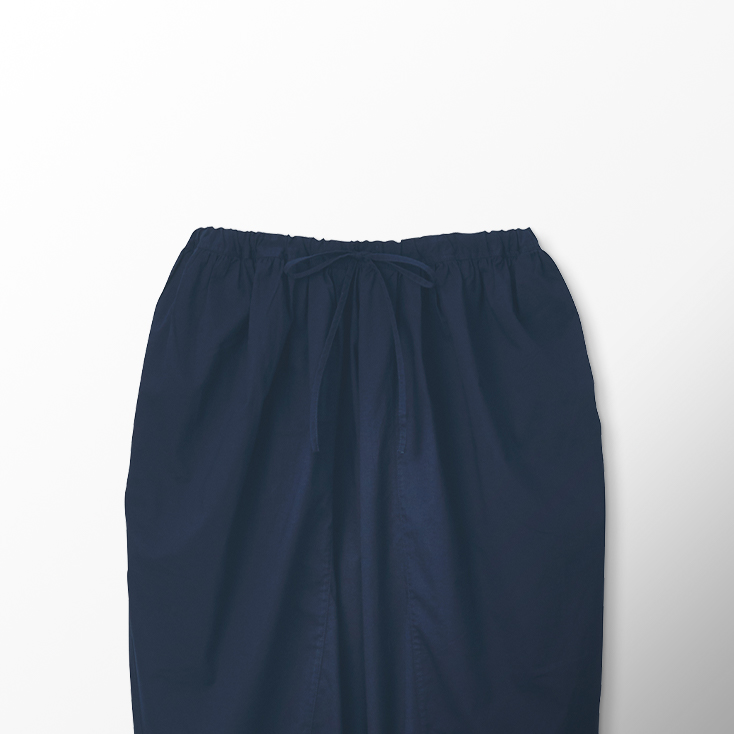
- ShalwarAiry and Comfortable Daily Wear
Indian Traditional Wisdom -
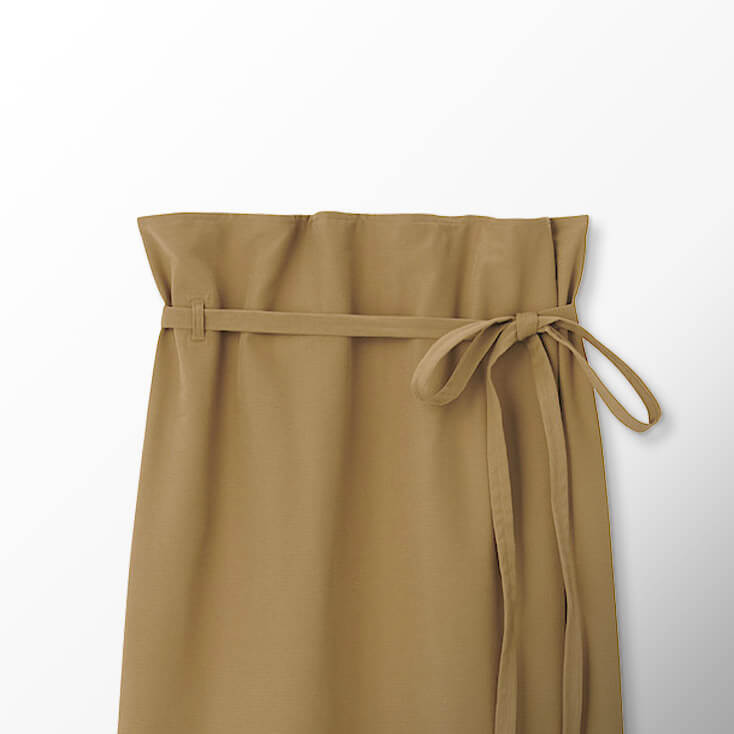
- LongyiA Daily Wear for the Locals
Myanmar Traditional Wisdom -

- Wide PantsInspired by Fishermen Wear
Thai Traditional Wear
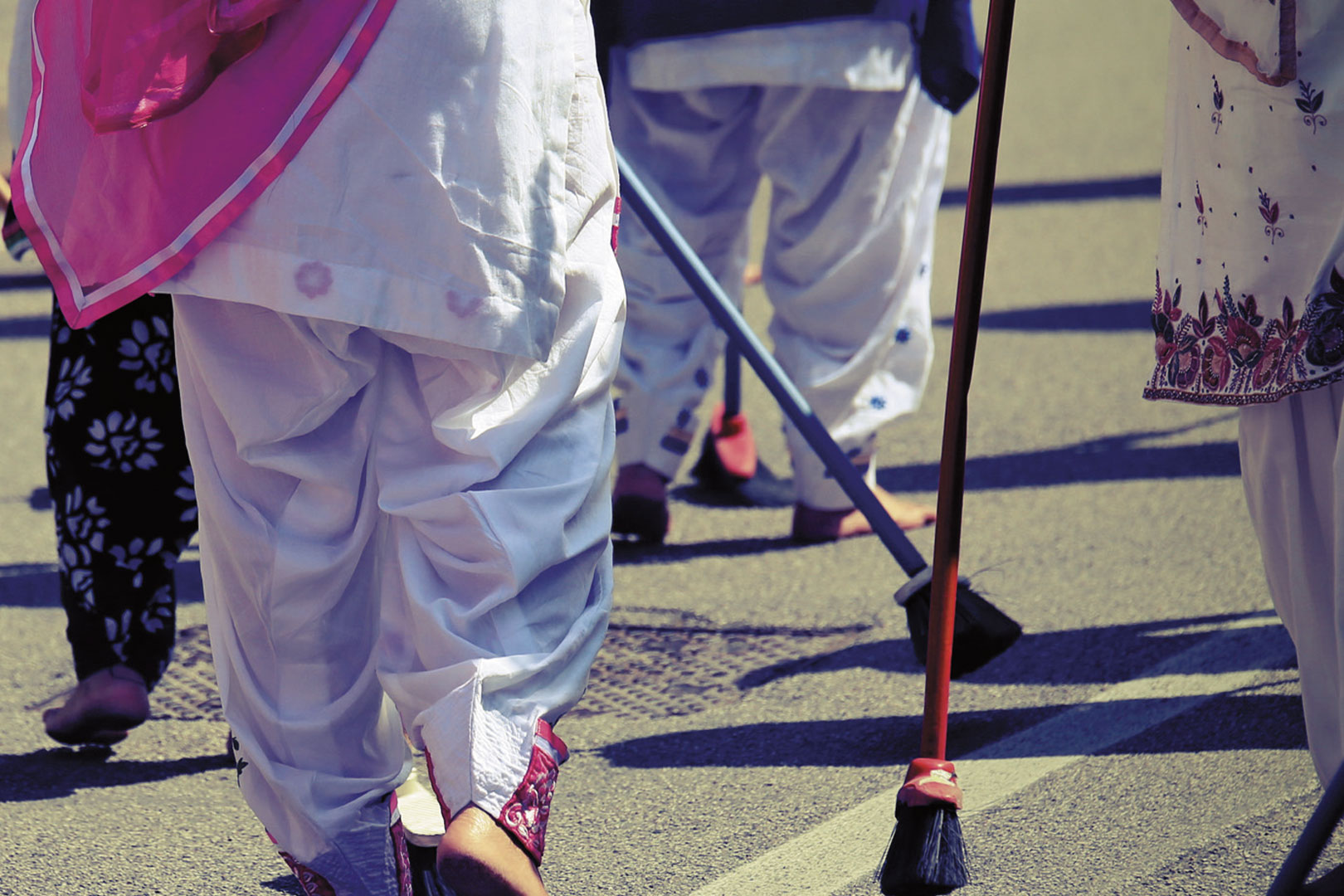
ShalwarAiry and Comfortable Daily Wear
Shalwar is one of the most common daily-wear trousers in India. The loose pleated design and soft touch make it breathable and suitable for wearing on sunny and humid days.
-
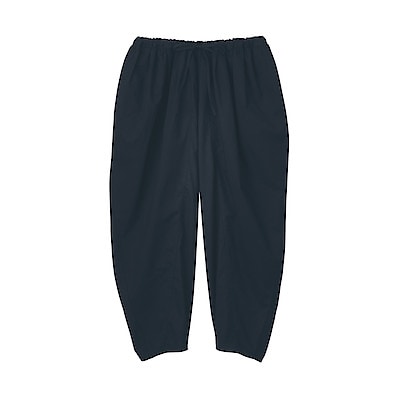 Organic Cotton Salwar Pants
Organic Cotton Salwar Pants
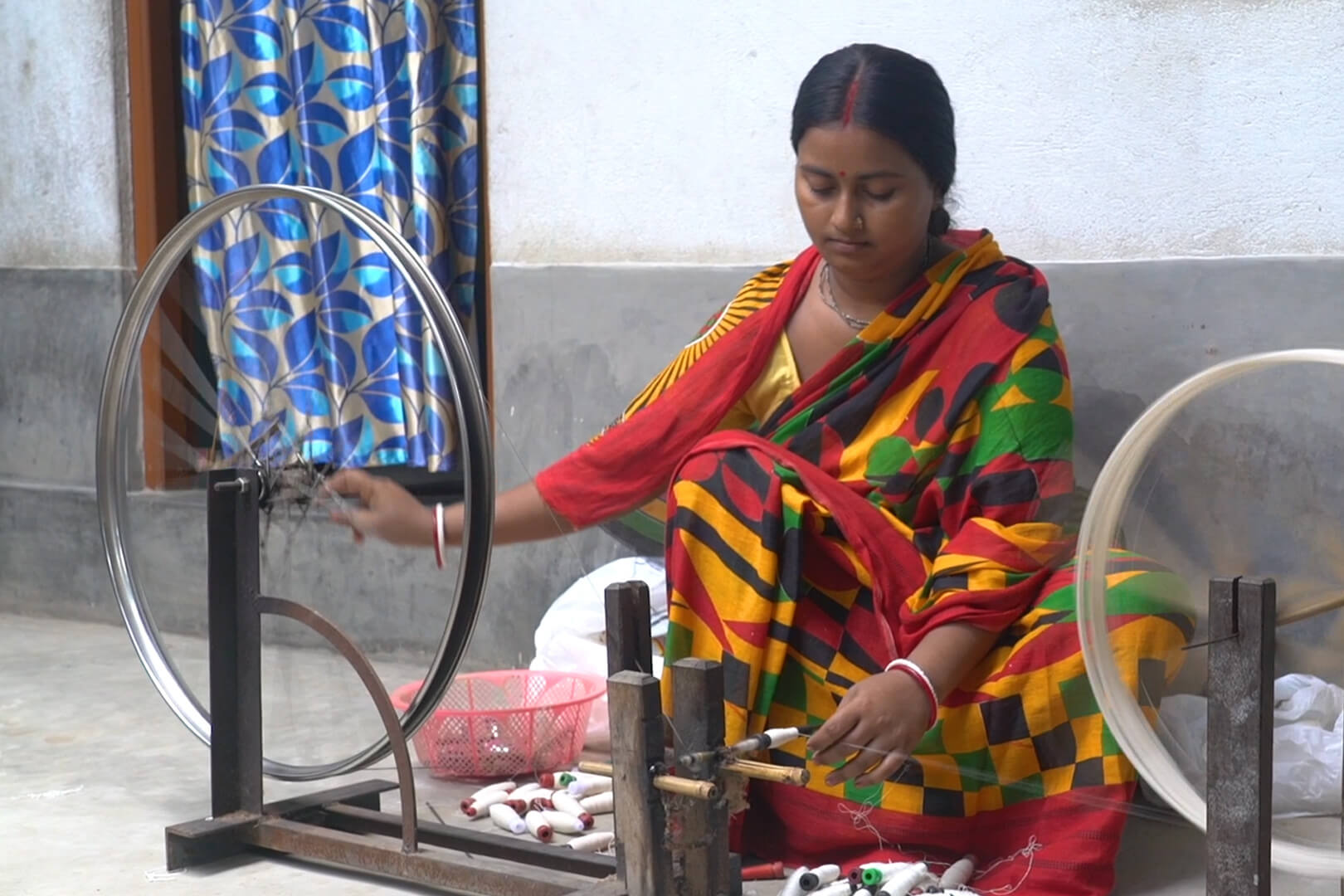
Handwoven Textile (Galgili) Simple and Comfortable
Stoles handwoven by craftsmen from West Bengal, India. The term "Galgili" means "cotton products with a soft touch". These large-sized stoles retain the natural raw colour of cotton and silk materials and present an unadorned texture, useful for different daily scenes.
-
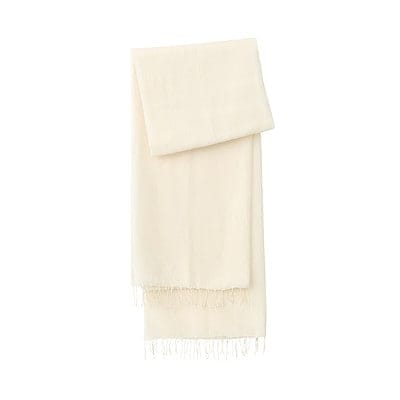 Indian Hand Woven Big Stole
Indian Hand Woven Big Stole
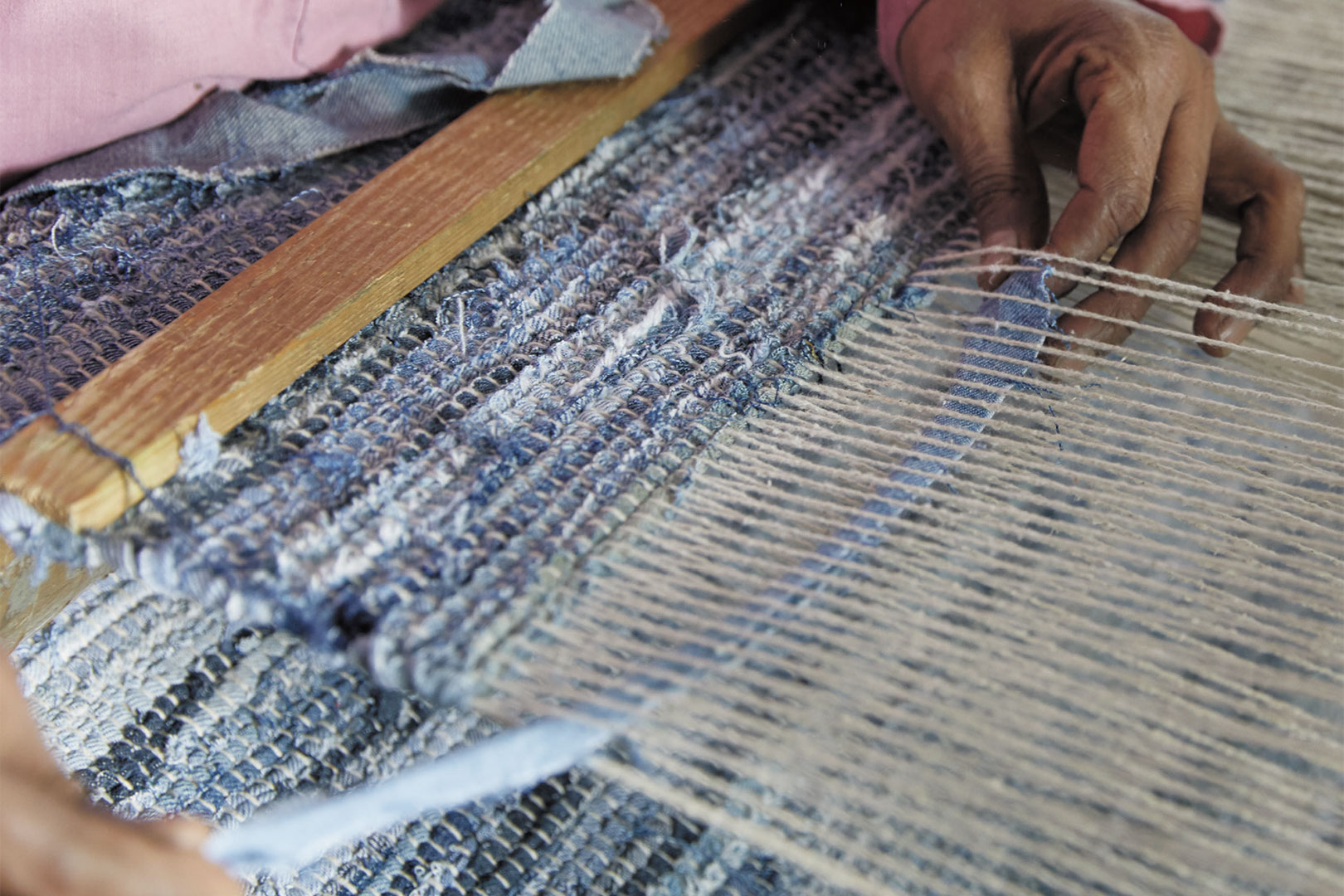
Handwoven TextilePassing Down Through Generations in India
India has been renowned for handwoven textile throughout its history. Precise techniques were born during this long process. An artistry passed on from generations, India's handwoven textile has its unique clean handfeel.
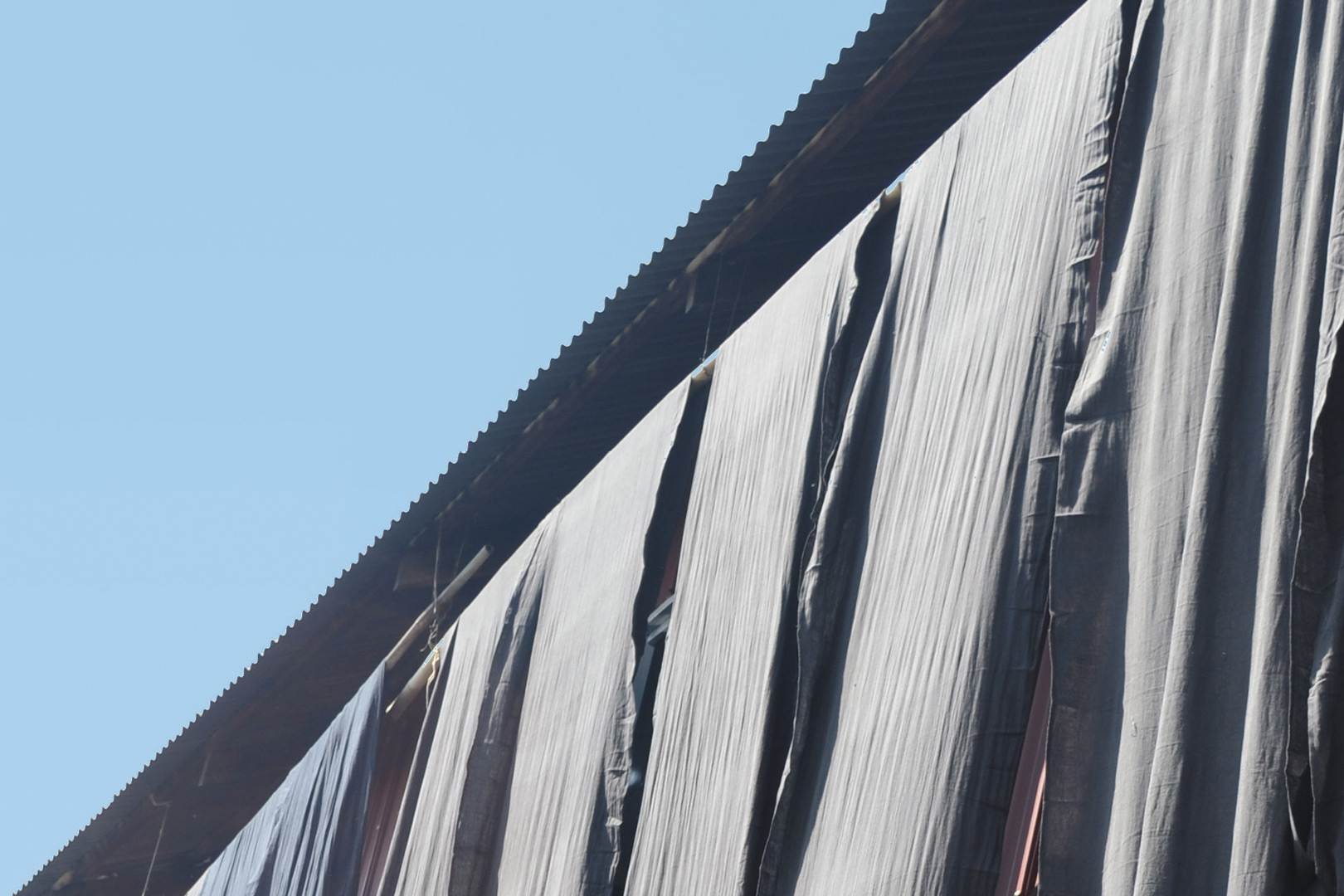
Wide Ankle Pants and JacketsBreathable and Comfortable
The pants and jackets are woven by traditional Japanese weaving machine with a unique texture and are prevalent in Myanmar. The fabric features good elasticity, with an uneven surface bringing light, airy touch for enhanced comfort.
-
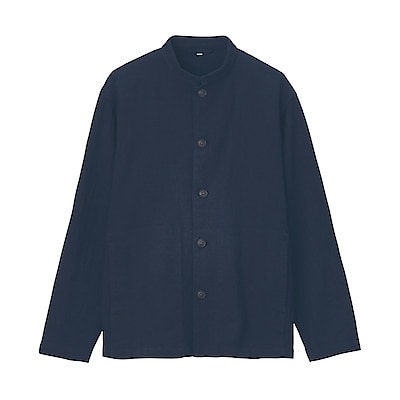 Organic Cotton Stand Collar Jacket
Organic Cotton Stand Collar Jacket
-
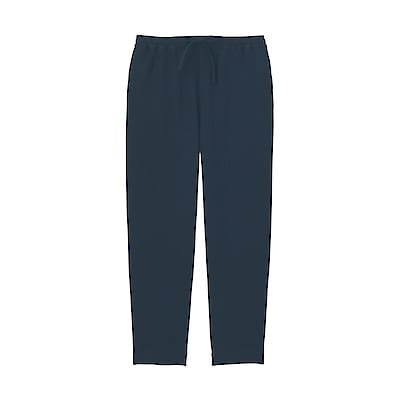 Organic Cotton Wide Ankle Pants
Organic Cotton Wide Ankle Pants

Wide Ankle Pants and JacketsBreathable and Comfortable
於緬甸廣受喜愛的Wide Ankle Pants and Jackets,以日本傳統紡織機編織而成,呈現獨特質感;布料具良好伸縮性,表面呈凹凸感,膚觸輕盈通爽,穿着時更舒適。
-
 有機棉九分Wide Pants
有機棉九分Wide Pants
-
 有機棉牛仔布企領外套
有機棉牛仔布企領外套
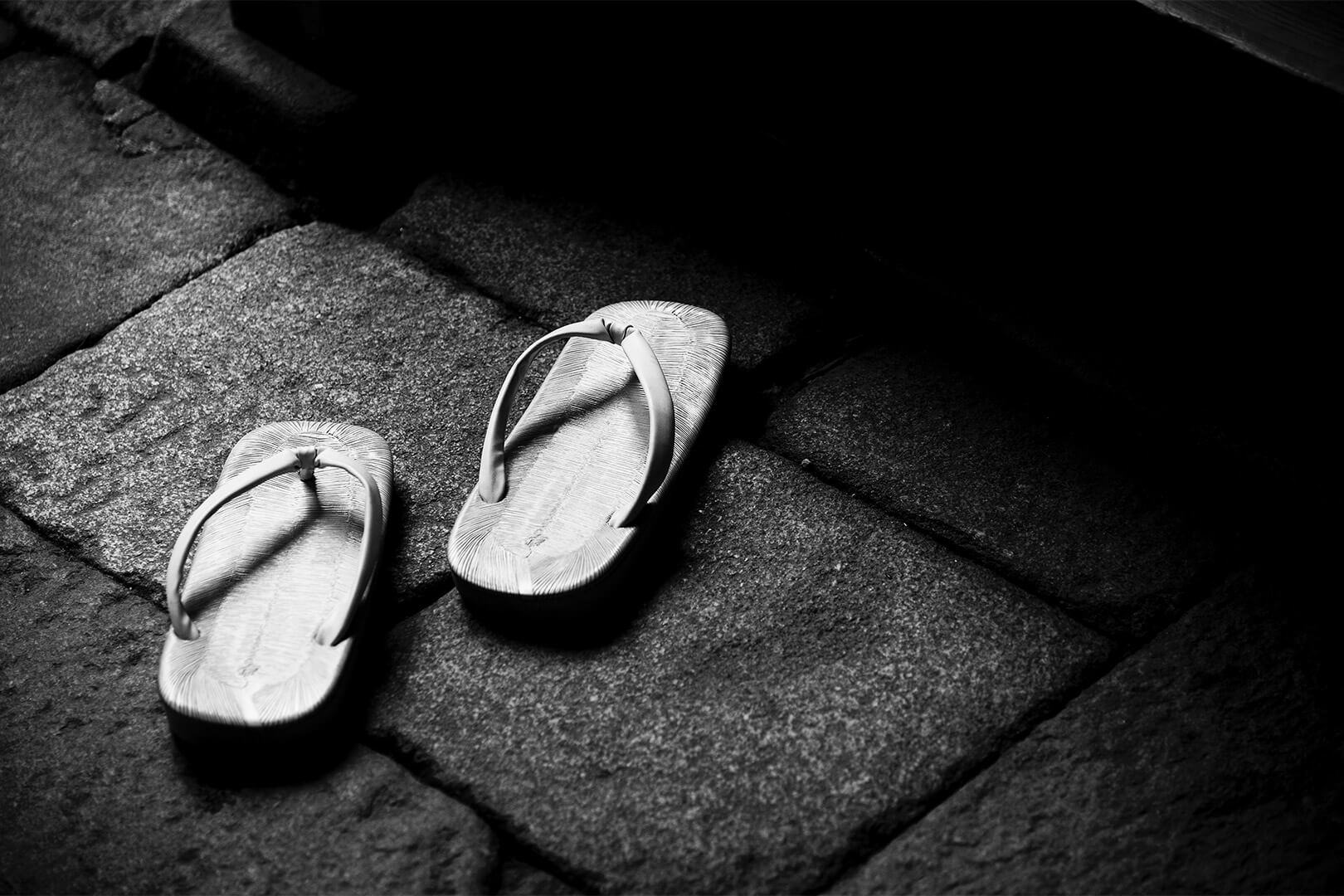
SettaAuthentic Japanese Sandals
Originated from the Azuchi-Momoyama period, Setta sandals are more durable than Zori or Geta and comfortable while walking on snow or rainy days. Made of modern materials, Setta sandals become even more suitable to wear daily.
-
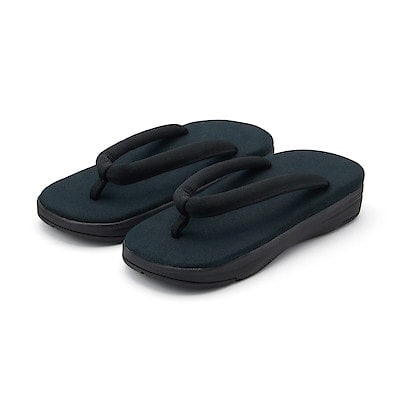 Shock Absorbing Setta Sandals
Shock Absorbing Setta Sandals
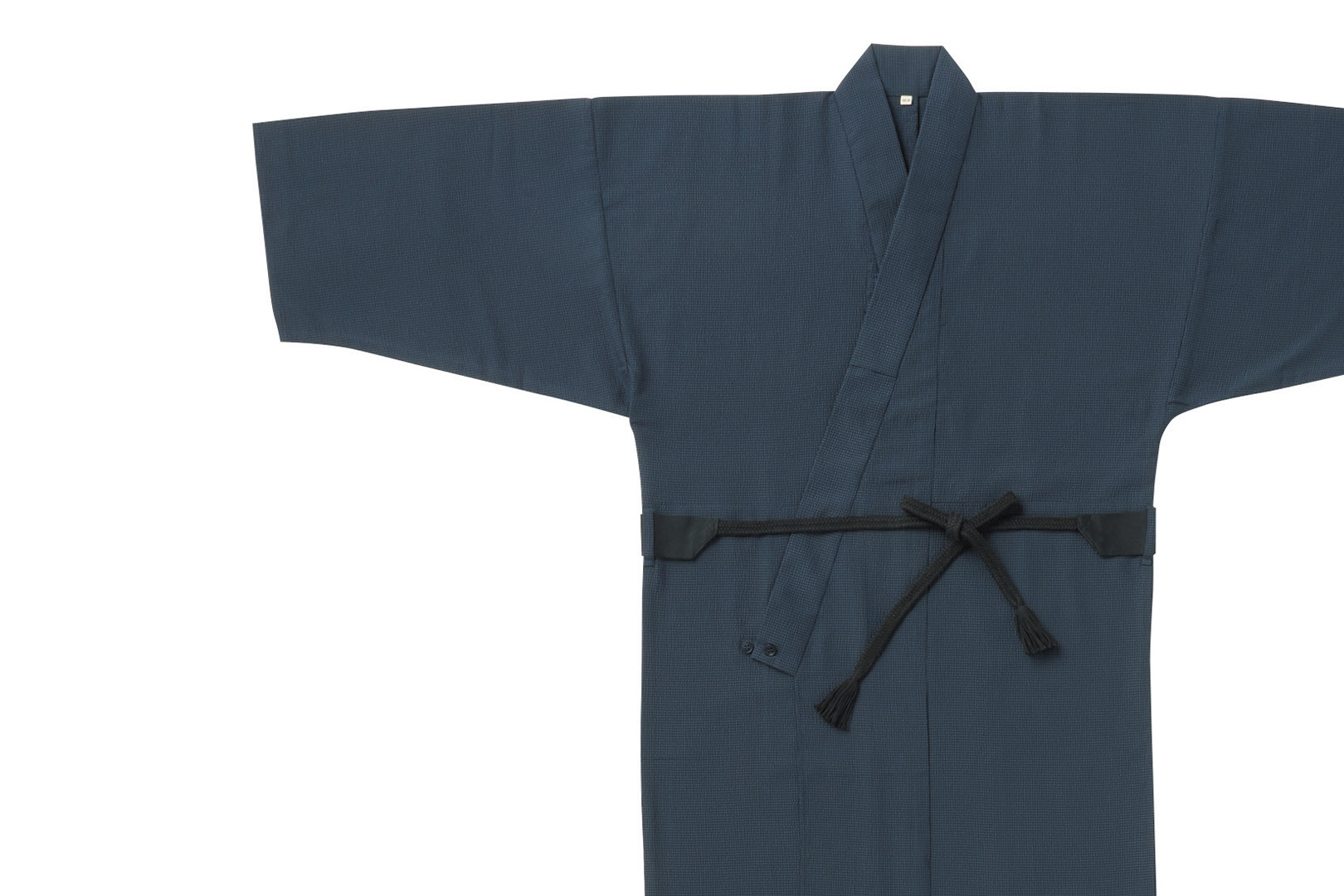
YukataPrepare for Summer with Yukata
From the Edo period, Japanese people started wearing Yukata in celebration of festivals or firework galas. Its simple design allows good air circulation, making it suitable for summer.
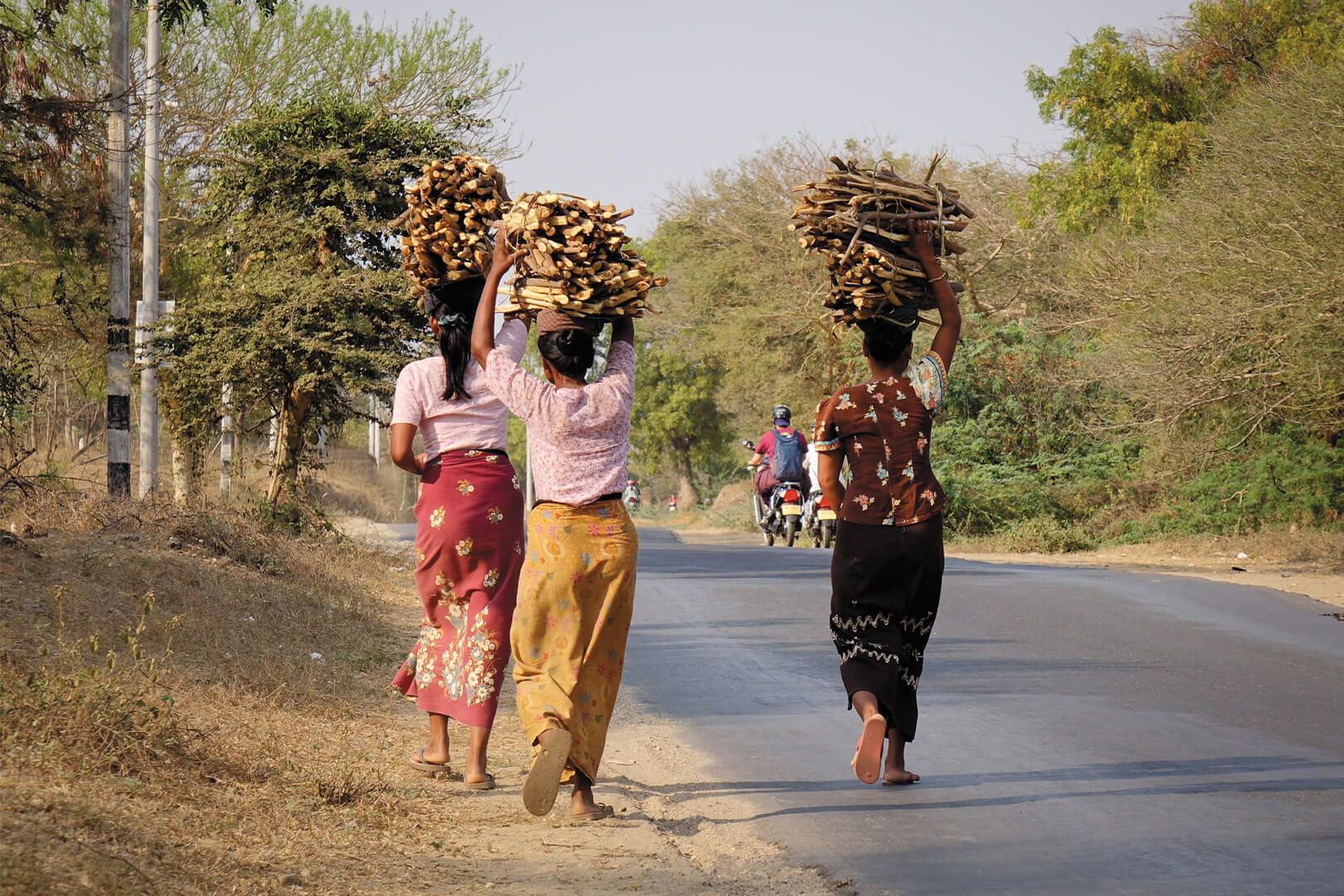
LongyiA Daily Wear for the Locals
Longyi, one of the most iconic daily wear in Myanmar, is a long fabric piece worn by wrapping around the waist and running down to the feet. It brings an enhanced comfort and supports easy body movement.
-
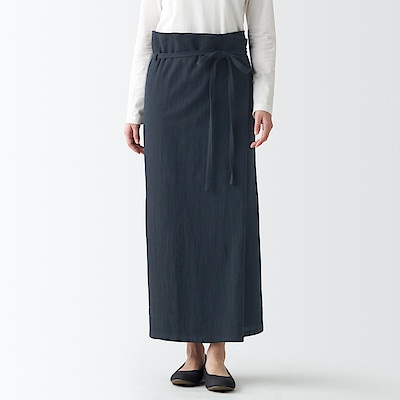 Ladies' Longyi
Ladies' Longyi
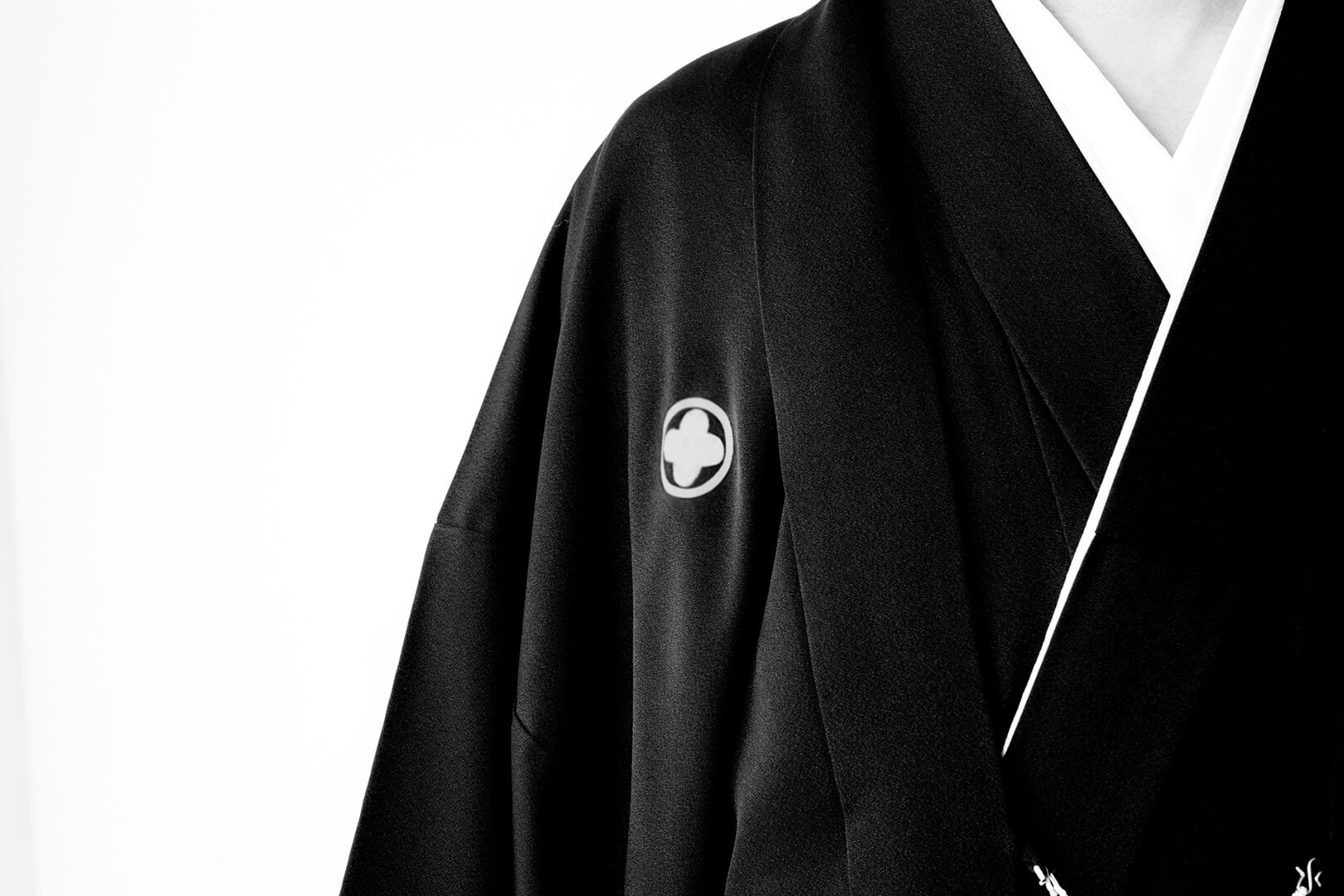
HaoriLightweight and Comfortable for Layering
Originated from the late Muromachi Period, when men from samurai families used to wear a loose-fit cardigan over kimono to deal with temperature change. Haori is comfortable to wear and easy for layering.
-
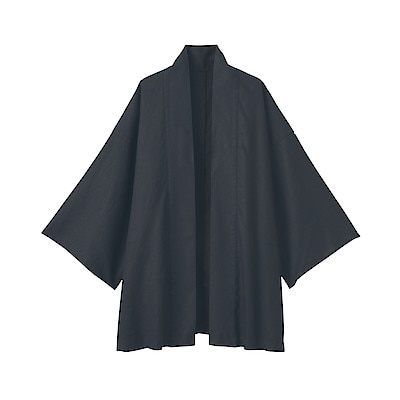 Lyocell Hemp Haori Jacket
Lyocell Hemp Haori Jacket
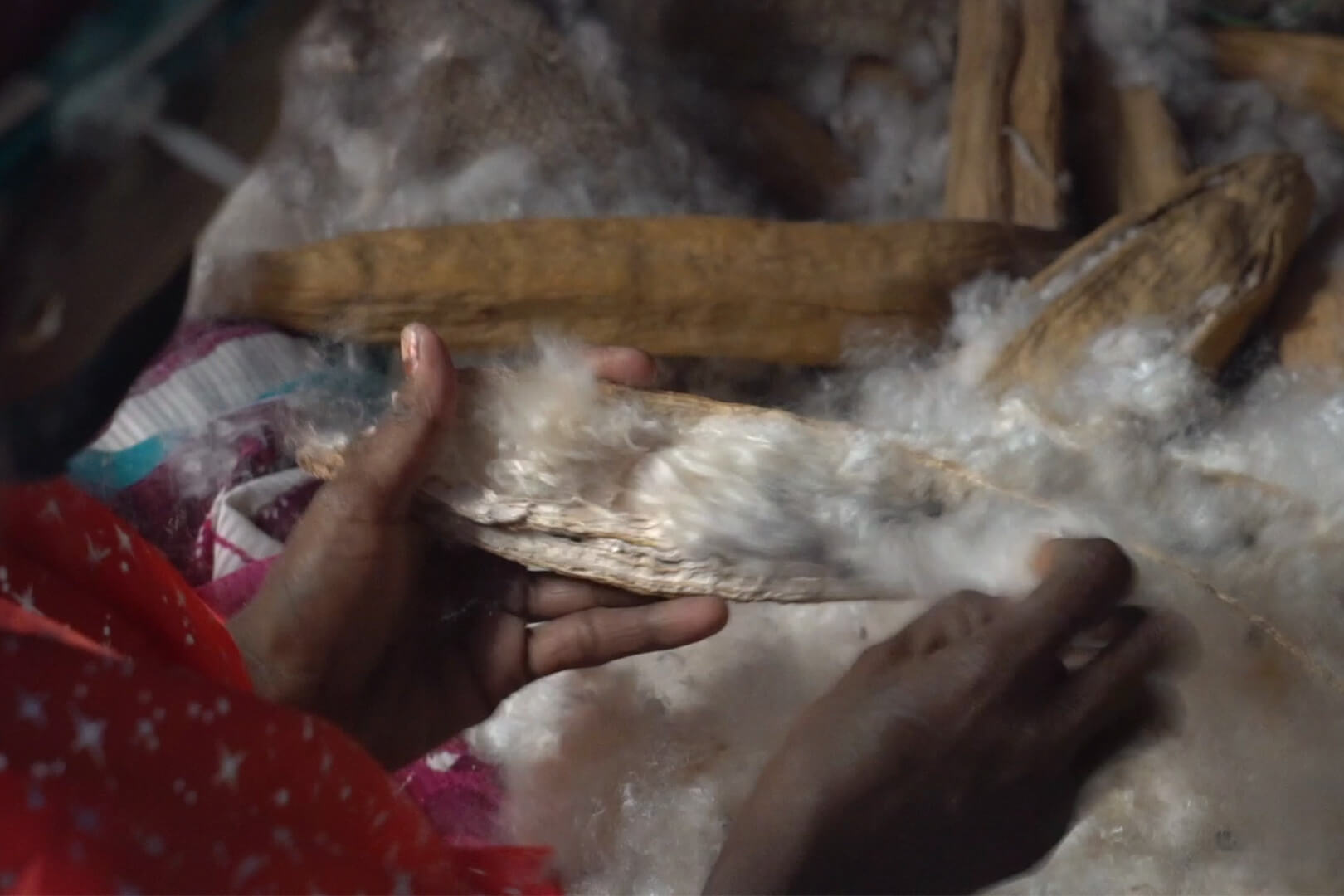
カポック天然生まれの機能素材です。
インドなどの熱帯地方で自生する樹木の実から取れる天然繊維、カポック。軽量で優れた弾力性が特長です。素材が持つ機能を生かし、絶滅の危機にある動物たちをモチーフにクッションを作りました。
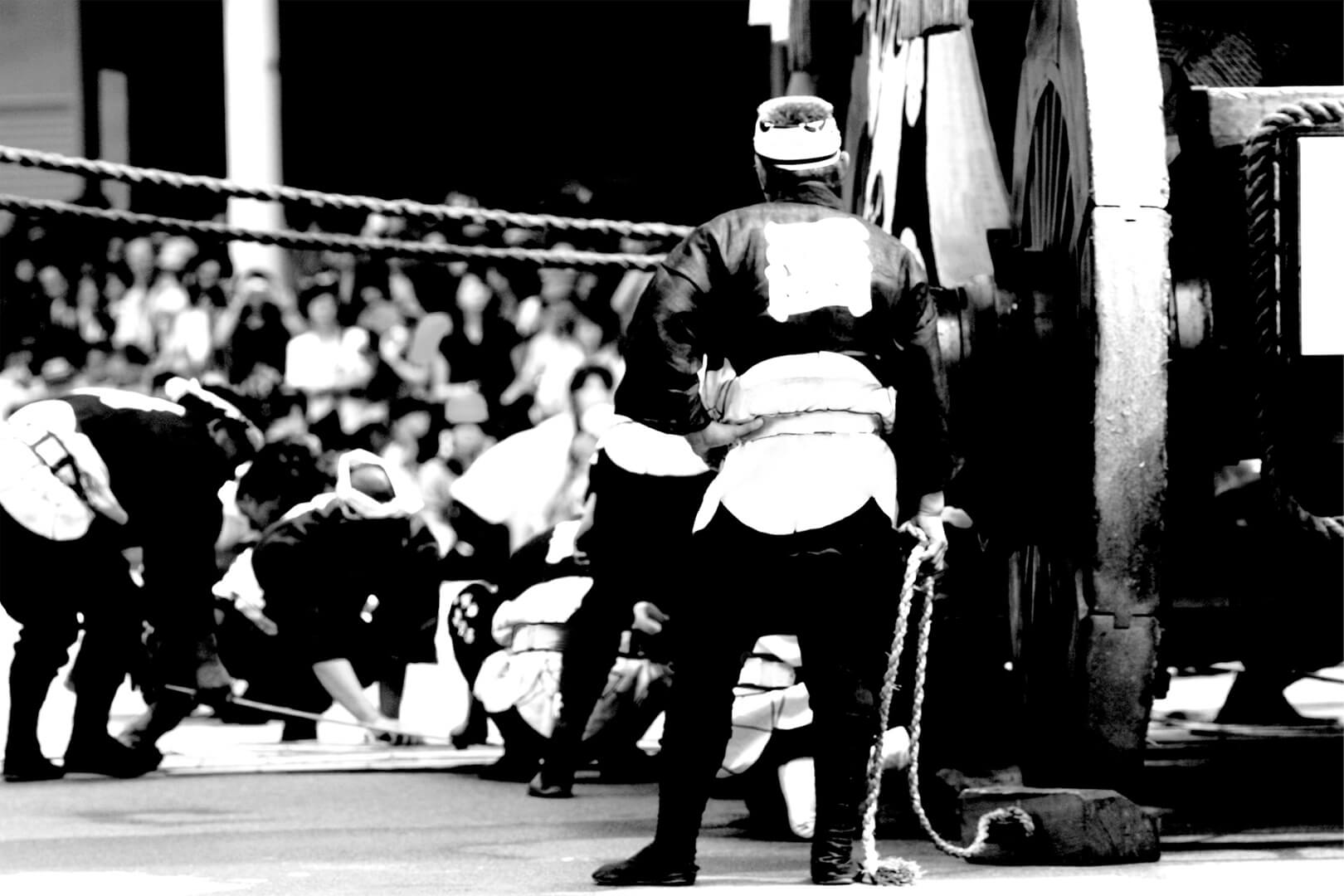
Festive CeremonyInspired by Traditional Costume
Celebrations and festivals, representing Japanese culture, are held in different parts of Japan and connect people with local communities. Daily wear inspired by the costumes worn in these festivals are born. Made with indigo dyeing, the colour changes with daily wearing, bringing a sense of frolic into the series.
-
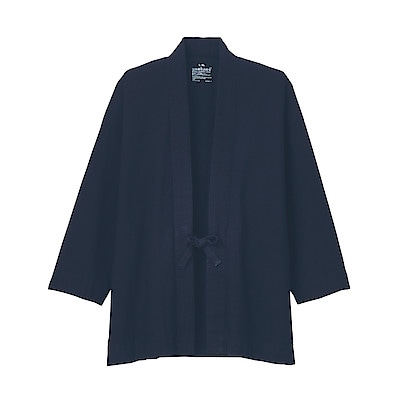 Men's Turkish Cotton Indigo Happi
Men's Turkish Cotton Indigo Happi
-
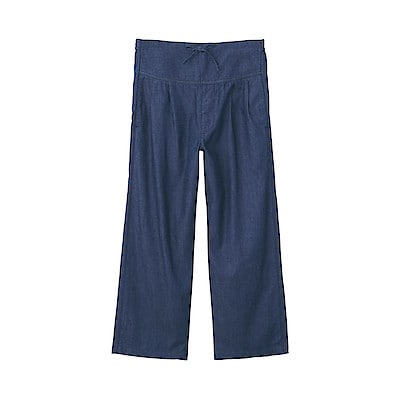 Men's Turkish Cotton Indigo Loose Fit Pants
Men's Turkish Cotton Indigo Loose Fit Pants
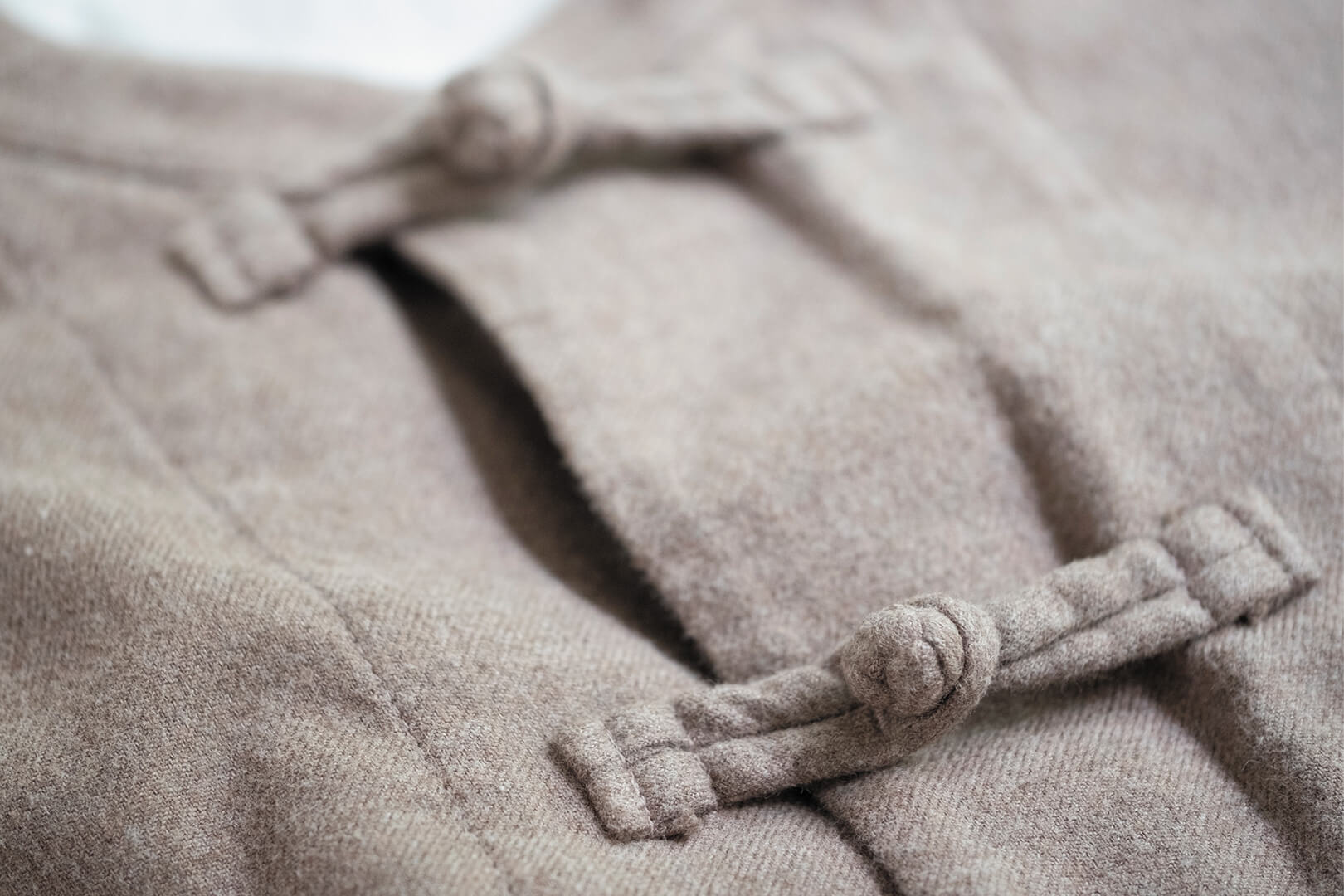


盤扣活用剩餘布料
參考於固定腰間玉佩或配飾時使用的傳統繩結設計而成。採用生產過程中剩餘的布料作素材,善用資源。
-
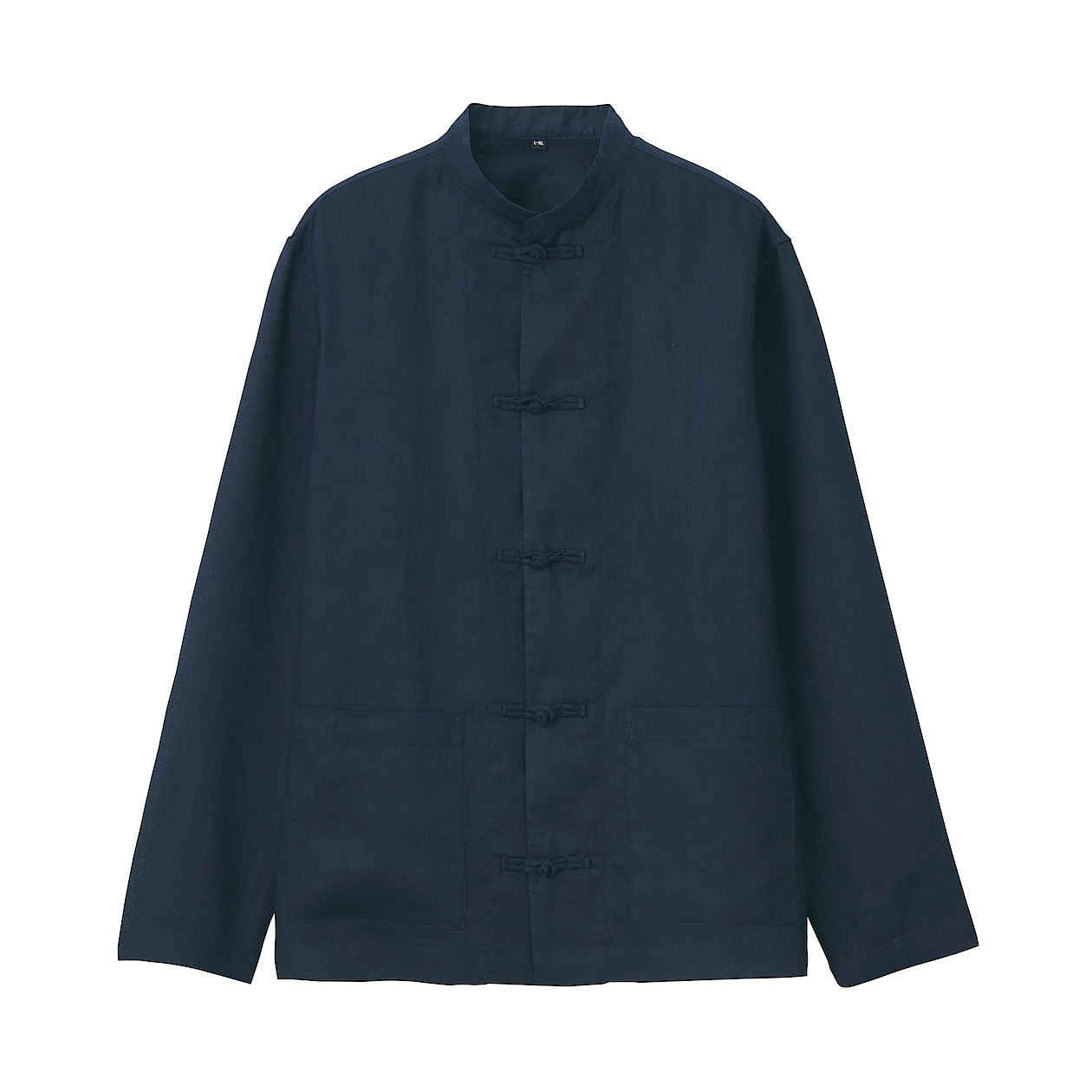 男裝麻質洗水企領裇衫
男裝麻質洗水企領裇衫

手織布 (Galgili)蓬鬆舒適的圍巾
由印度東部西孟加拉邦的熟練工匠以人手編織而成。Galgili解作「柔軟的棉質製品」,觸感舒適,並展現手織品的獨有簡樸質感;大尺寸設計,照顧不同用途需要。
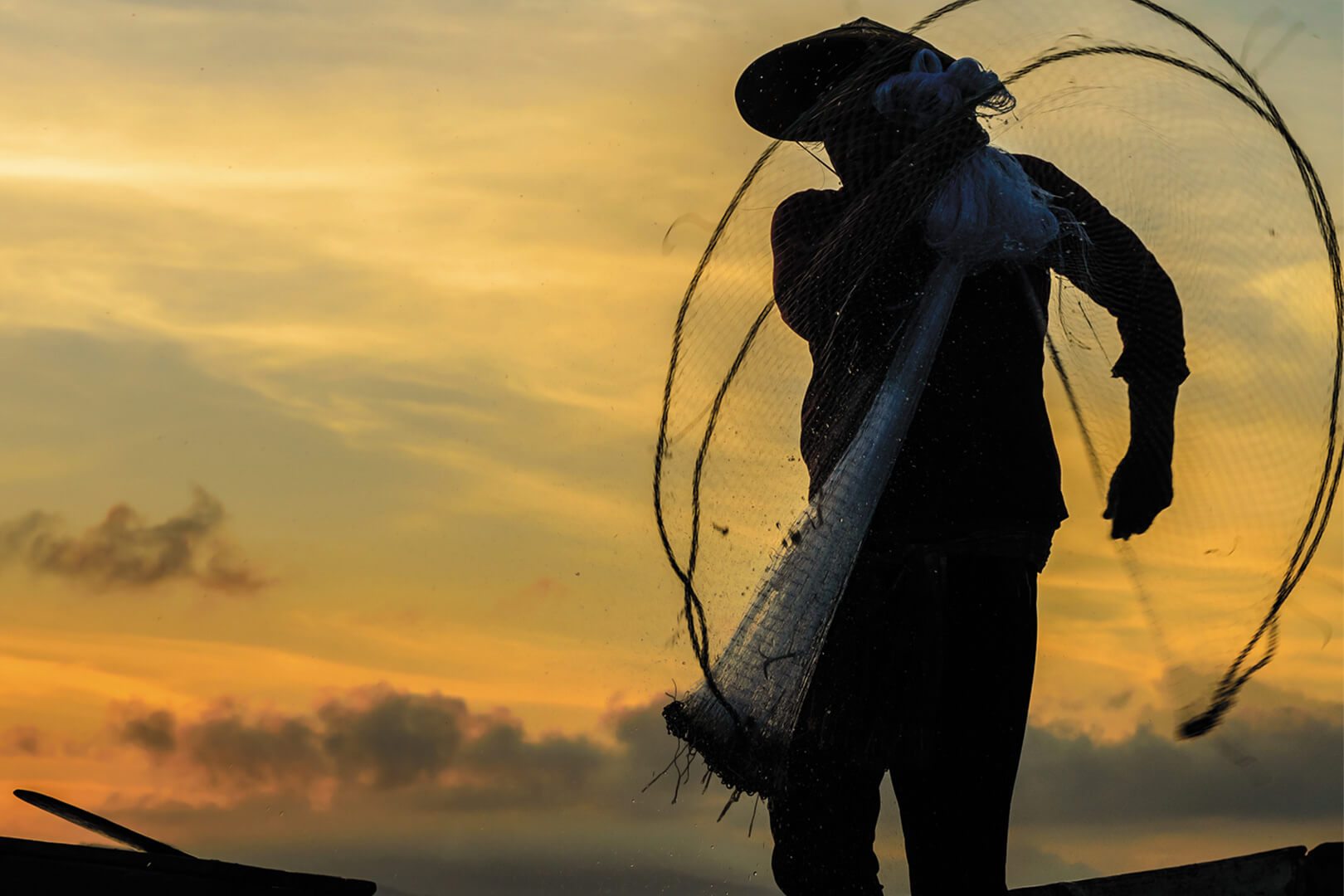
漁民パンツ動きやすい自由なかたち。
タイ西部に住む漁師の人々が船を漕ぐ際に着用していた衣装をもとにつくりました。動きやすくゆったりと履ける形は高温多湿な気候にも適しています。

節日祭典啟發自傳統文化的日常服飾
於日本各地舉行的祭典促進人與地域的連繫,是日本的傳統文化之一。以祭典的傳統服飾為概念,製成適合日常穿着的基本服飾。布料以藍染技術製成,色調會隨穿着次數遞增而產生自然變化,增添穿着時的樂趣。
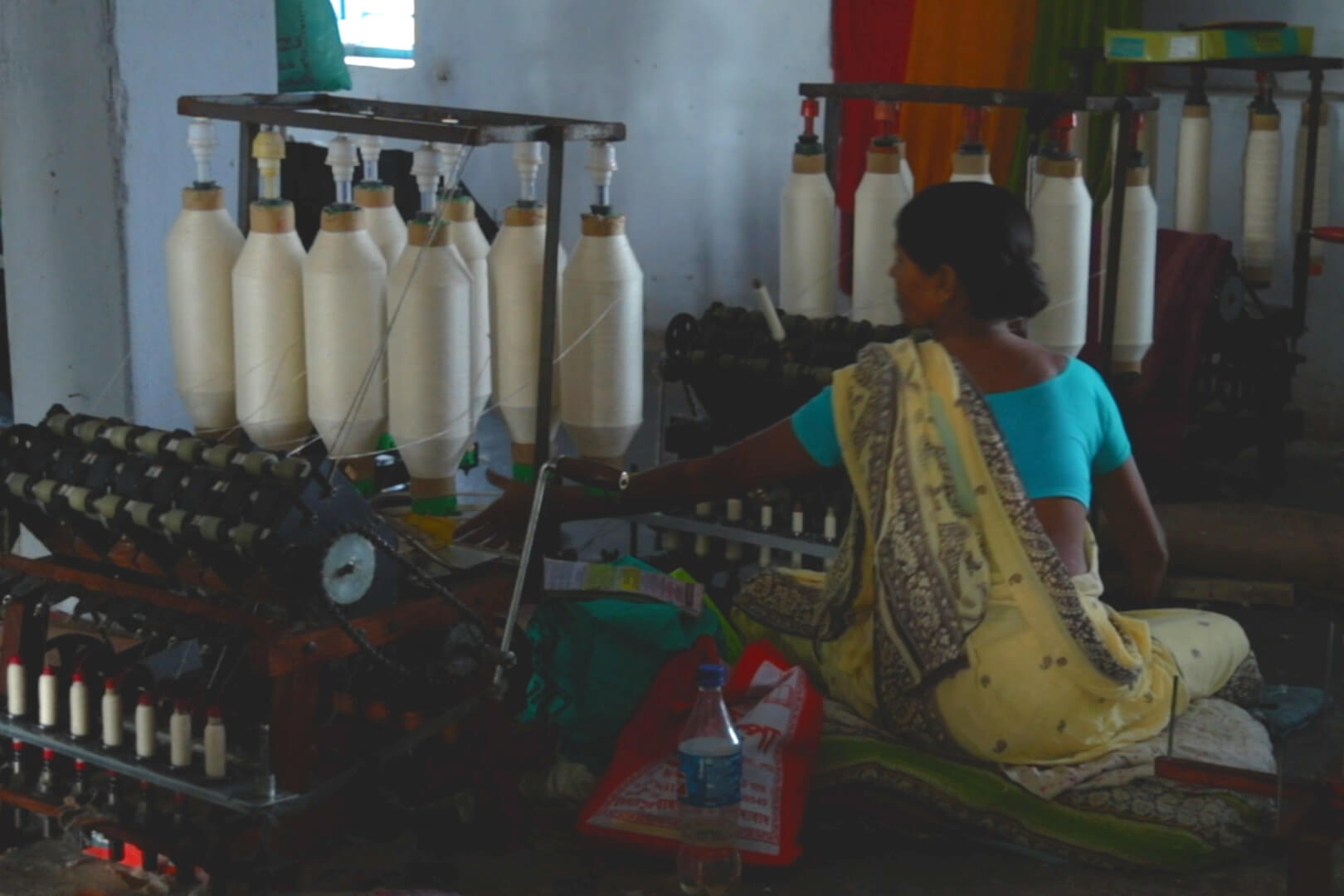
Handwoven Textile (Khadi)A Traditional Piece for Generations
A handwoven natural fiber cloth originated from India, bringing each garment piece a raw and beautiful texture. The continuous production of Khadi helps to pass down the tradition from generation to generation.
-
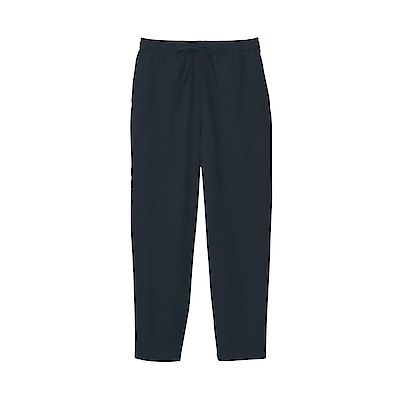 Indian Hand Craft Khadi Tapered Pants
Indian Hand Craft Khadi Tapered Pants
-
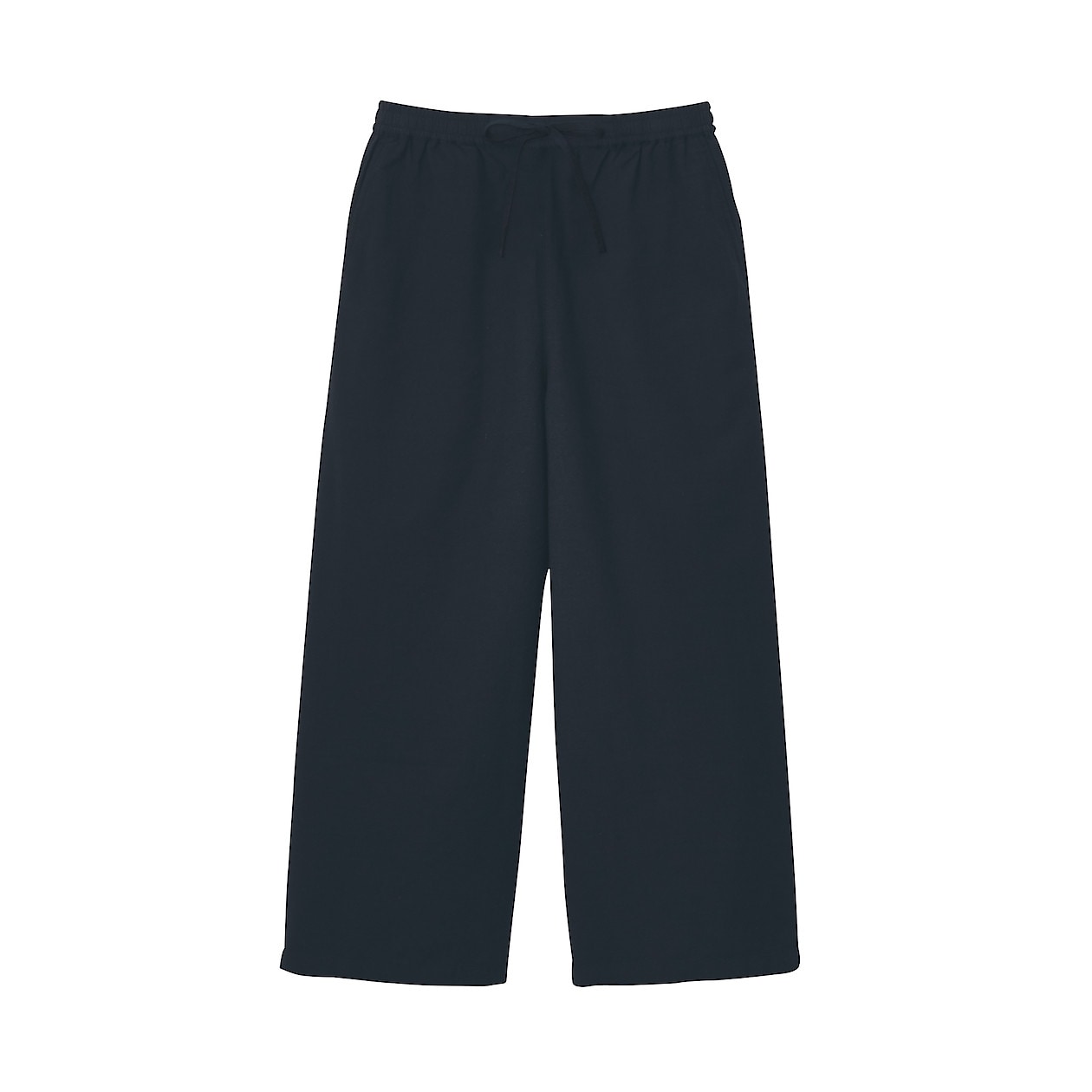 Indian Hand Craft Khadi Wide Pants
Indian Hand Craft Khadi Wide Pants

手織布 (Khadi)傳承至今的手工紡織
源自印度的傳統手工紡織技術,令每件服飾均能呈現獨特質感。透過持續與生產者合作,將傳統工藝文化一直延續。
-
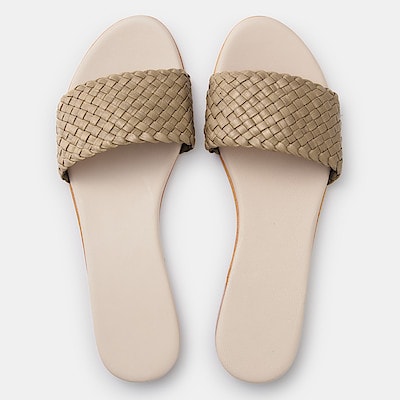 女裝印度手織棉質Wide Pants
女裝印度手織棉質Wide Pants
-
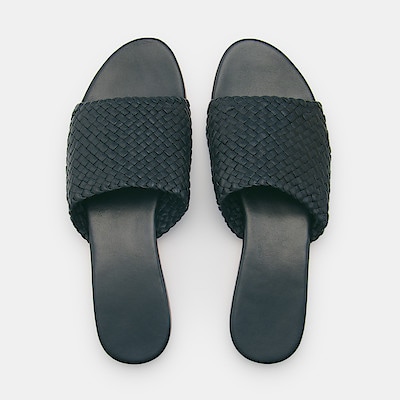 女裝印度手織棉質連身裙
女裝印度手織棉質連身裙

Handwoven Textile (Khadi)A Traditional Piece for Generations
A handwoven natural fiber cloth originated from India, bringing each garment piece a raw and beautiful texture. The continuous production of Khadi helps to pass down the tradition from generation to generation.
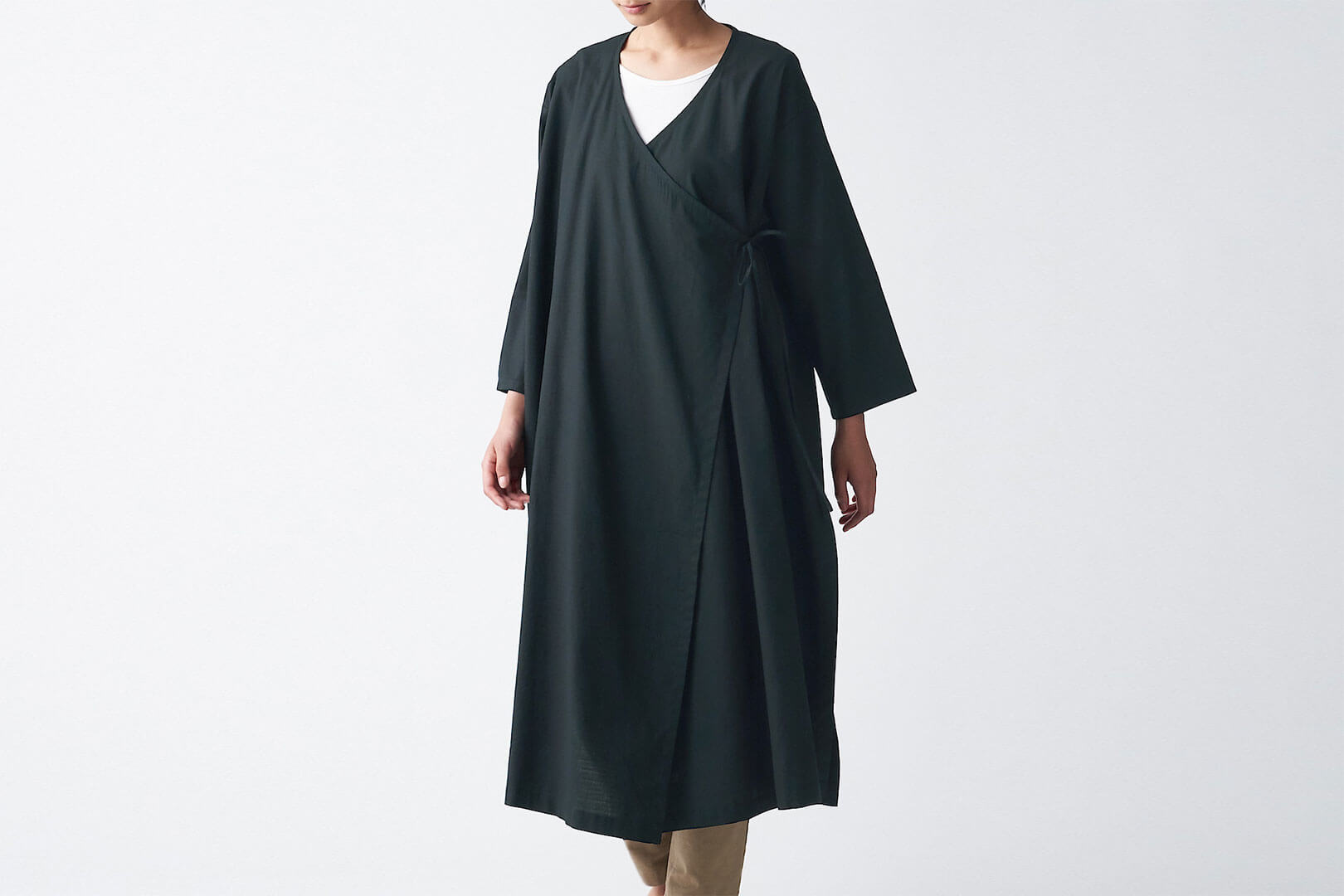
外套裙作連身裙或外套皆可
源自位於印度西部的拉賈斯坦地區,為阻擋強烈日光及強風而製成。側繫帶開襟設計方便穿脫,隨時應對氣候變化。
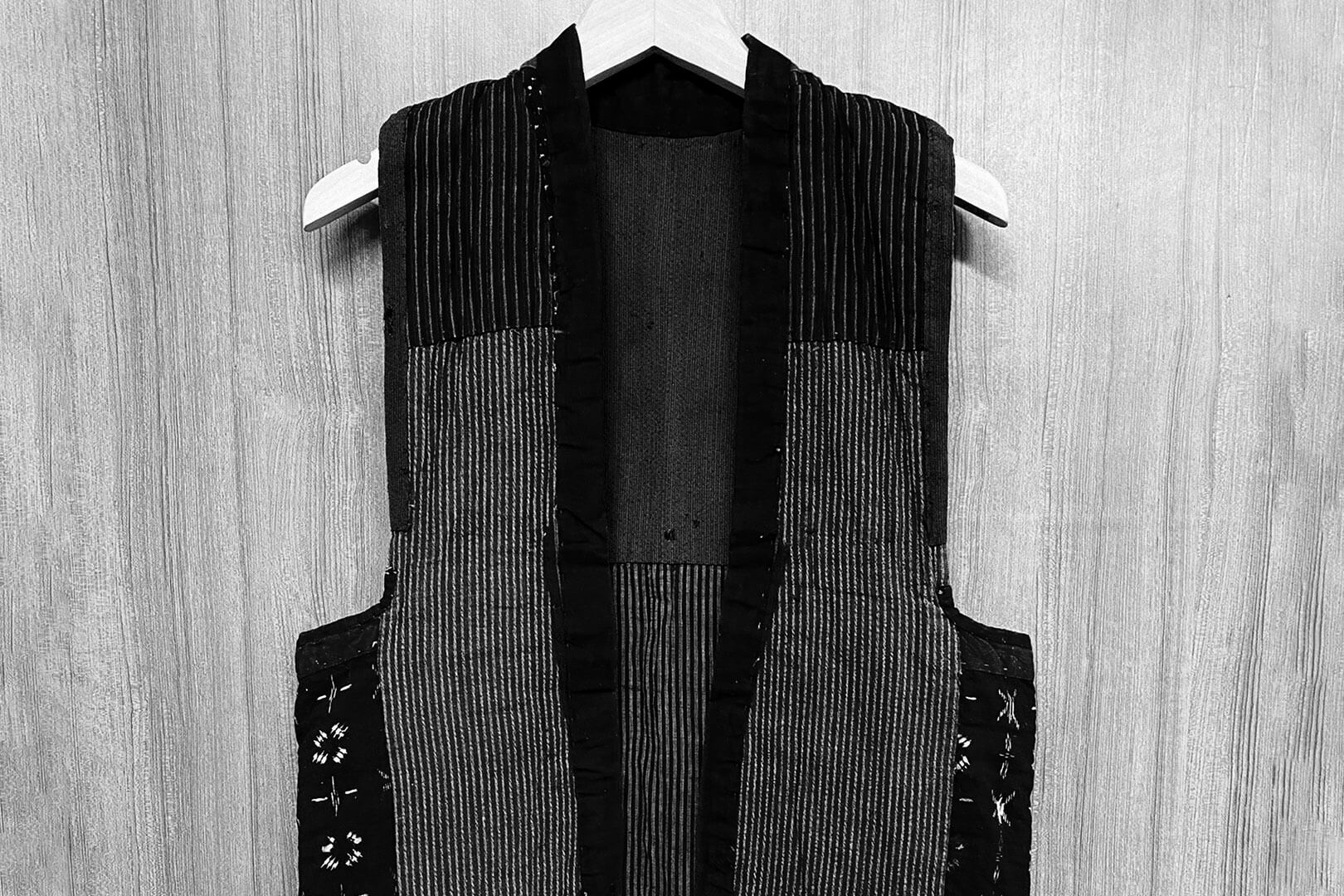
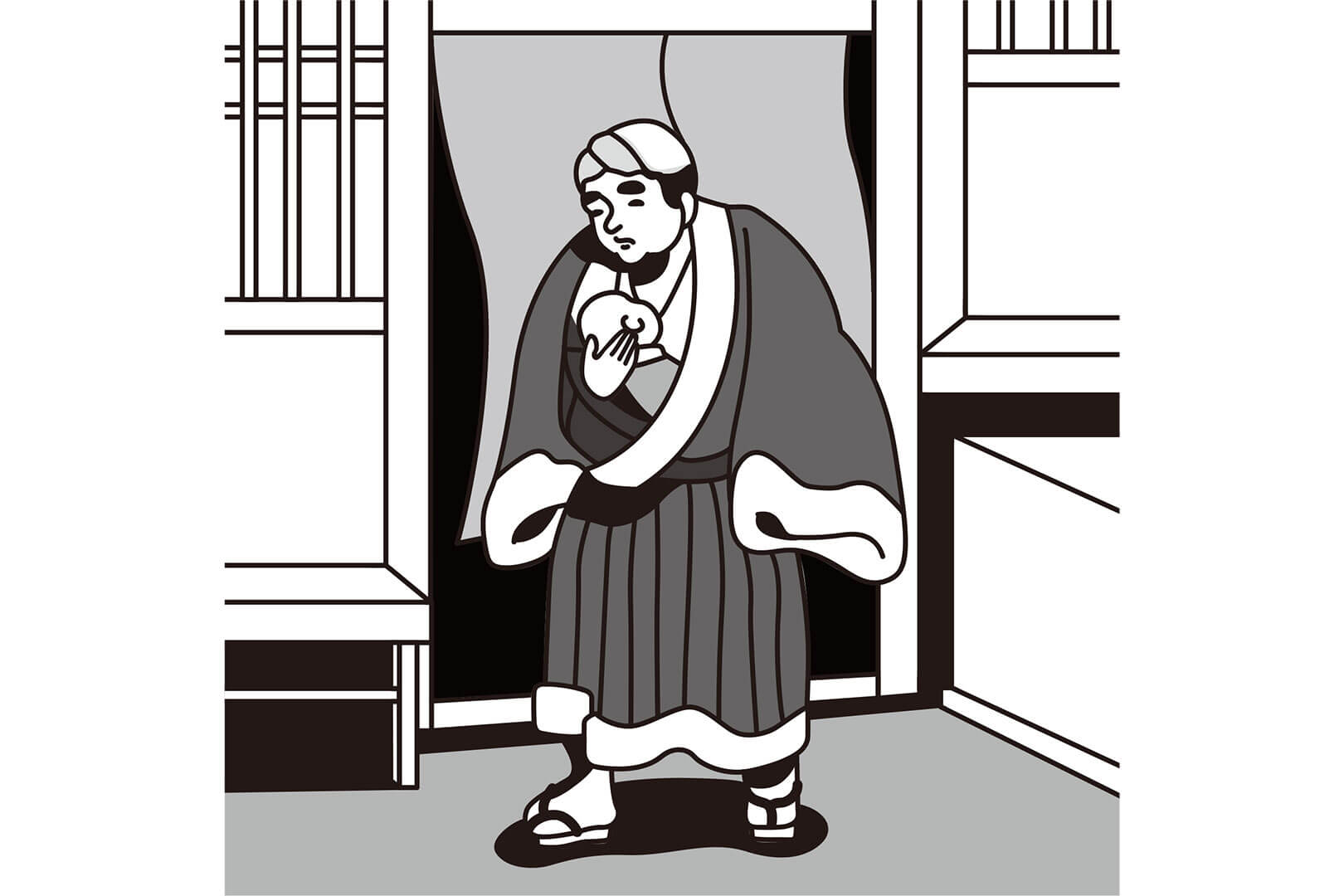
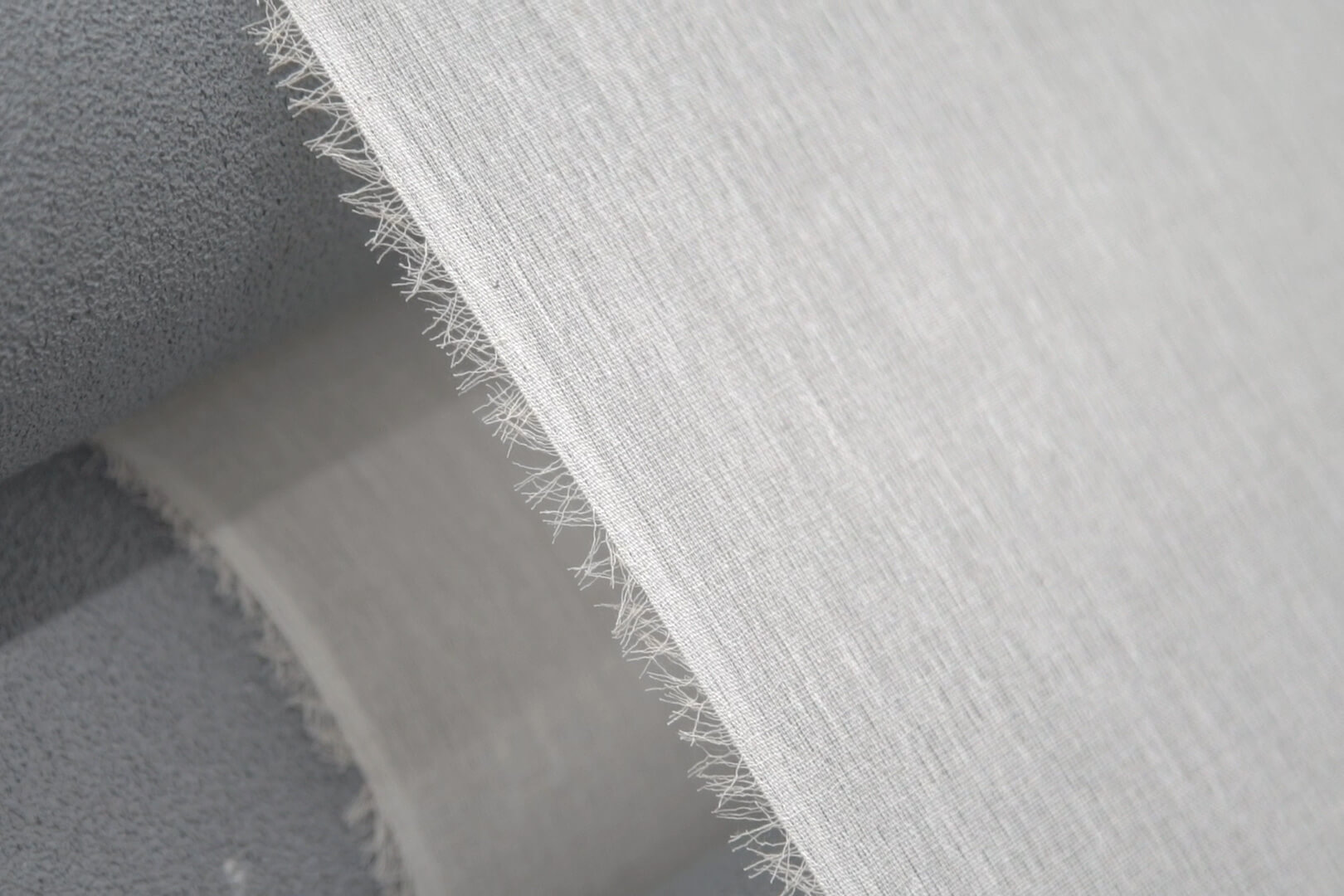
Takashima Chijimi TextileBreathable and Comfortable Daily Wear
Carried down from the Edo Period and originated from the handiwork of farmers in Takashima Prefecture during their free time in winter, the Chijimi fabric has an uneven surface with good absorbency and dries quickly, making it suitable for humid and hot weather.
-
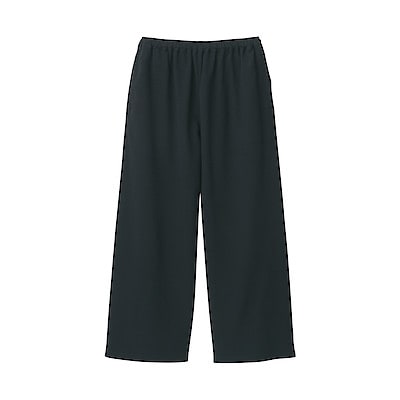 Takashima Chijimi Pant
Takashima Chijimi Pant
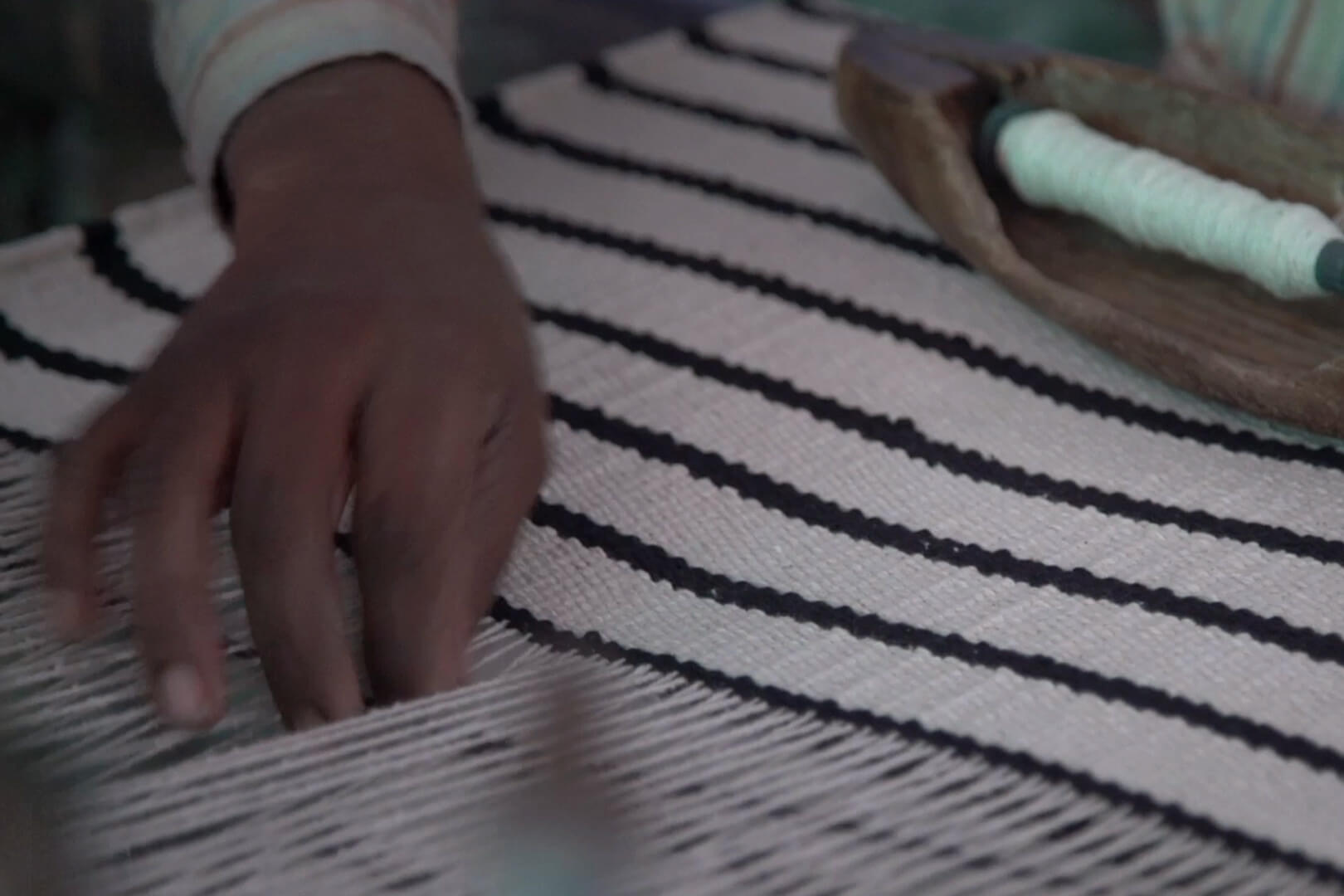
Handwoven Textile Passing Down Through Generations in India
India has been renowned for handwoven textile throughout its history. Precise techniques were born during this long process. An artistry passed on from generations, India's handwoven textile has its unique clean handfeel.

節日祭典啟發自傳統文化的日常服飾
於日本各地舉行的祭典促進人與地域的連繫,是日本的傳統文化之一。以祭典的傳統服飾為概念,製成適合日常穿着的基本服飾。布料以藍染技術製成,色調會隨穿着次數遞增而產生自然變化,增添穿着時的樂趣。
-
 男裝有機棉藍染鬆身褲
男裝有機棉藍染鬆身褲
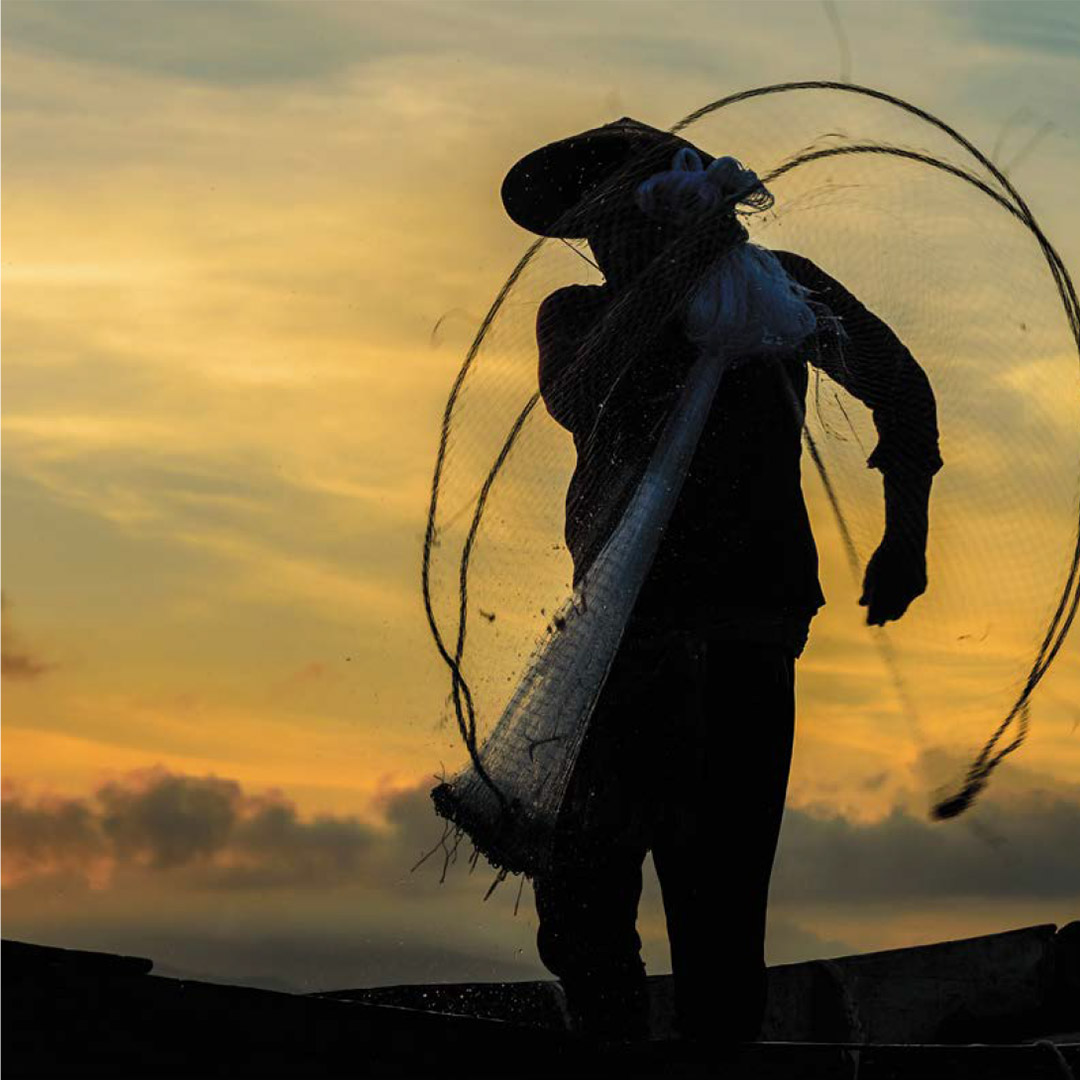
Wide PantsInspired by Fishermen Wear
It is common for fishermen in West Thailand to wear drawstring wide pants when fishing on a boat. With a loose silhouette, it is also suitable for wearing on sunny and humid days.
-
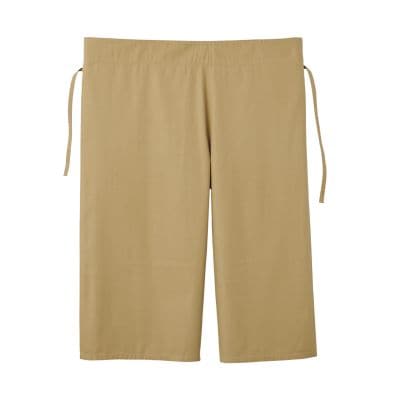 Quick Dry Fisherman Pants
Quick Dry Fisherman Pants

高島縮織清爽舒適的夏日服飾
起源自農村冬閒時的副業,由自江戶時代傳承至今。
表面凹凸不平的縮織布料具有良好的吸濕及速乾特性,適合於溫度及濕度回升時穿着。
-
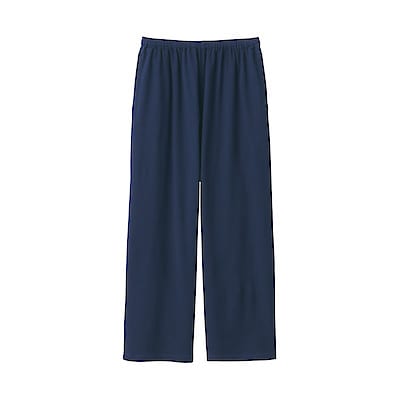 女裝有機棉高島縮織長褲
(五月中旬發售)
女裝有機棉高島縮織長褲
(五月中旬發售)
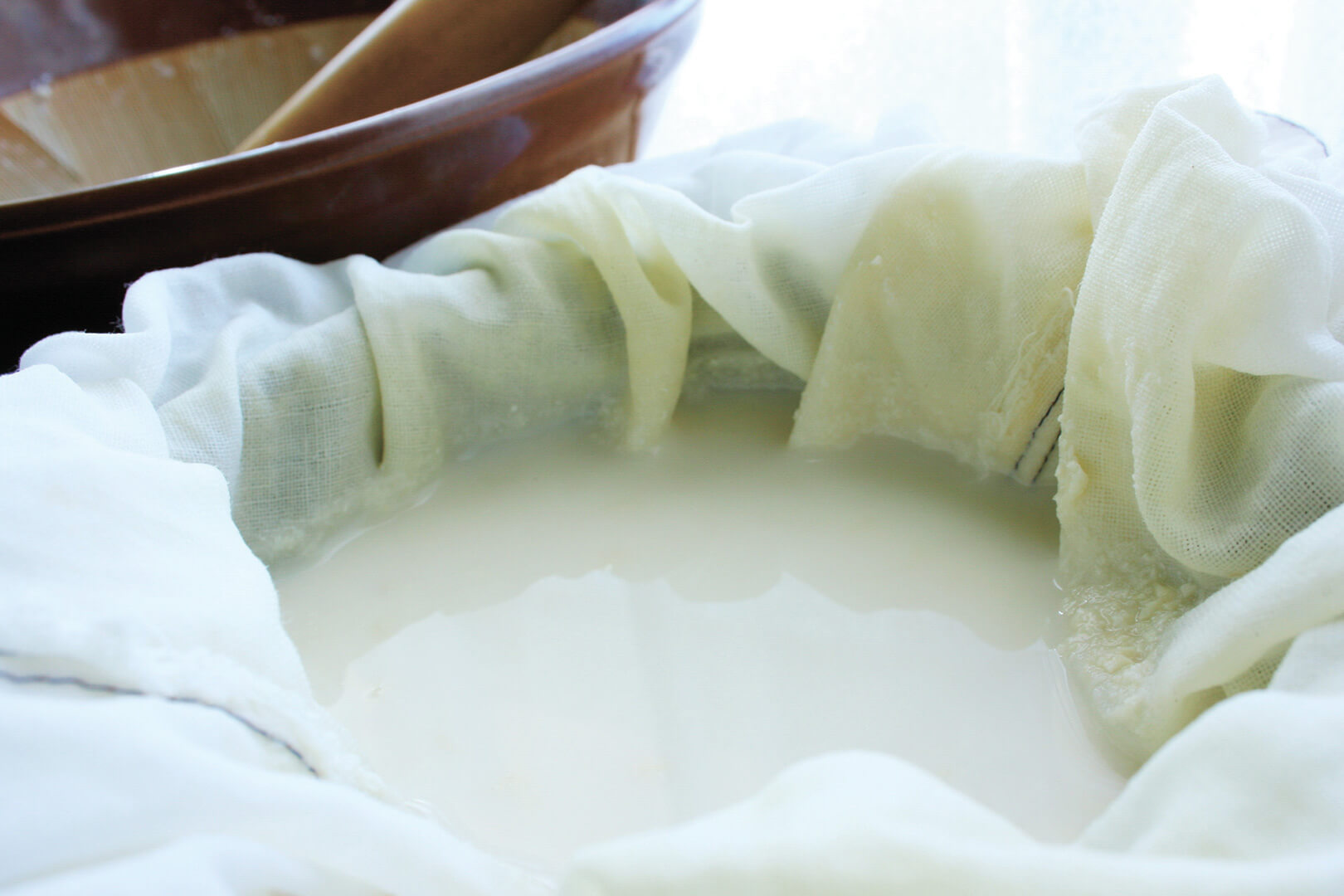
豆漿濾布來自廚房的布料
由古代中國開始,木棉布一直被用於豆漿製作工序之中。木棉布能抵受高溫及擠壓黃豆時所產生的壓力,且質感纖薄及透氣度高,觸感輕巧柔順;以之作為紡織素材,令服飾更耐穿,同時令穿着時更感清爽舒適。
-
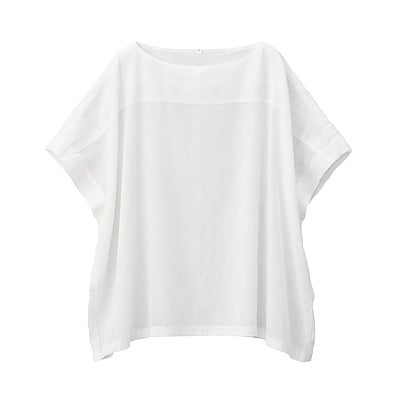 女裝有機棉襯衫
(五月中旬發售)
女裝有機棉襯衫
(五月中旬發售)
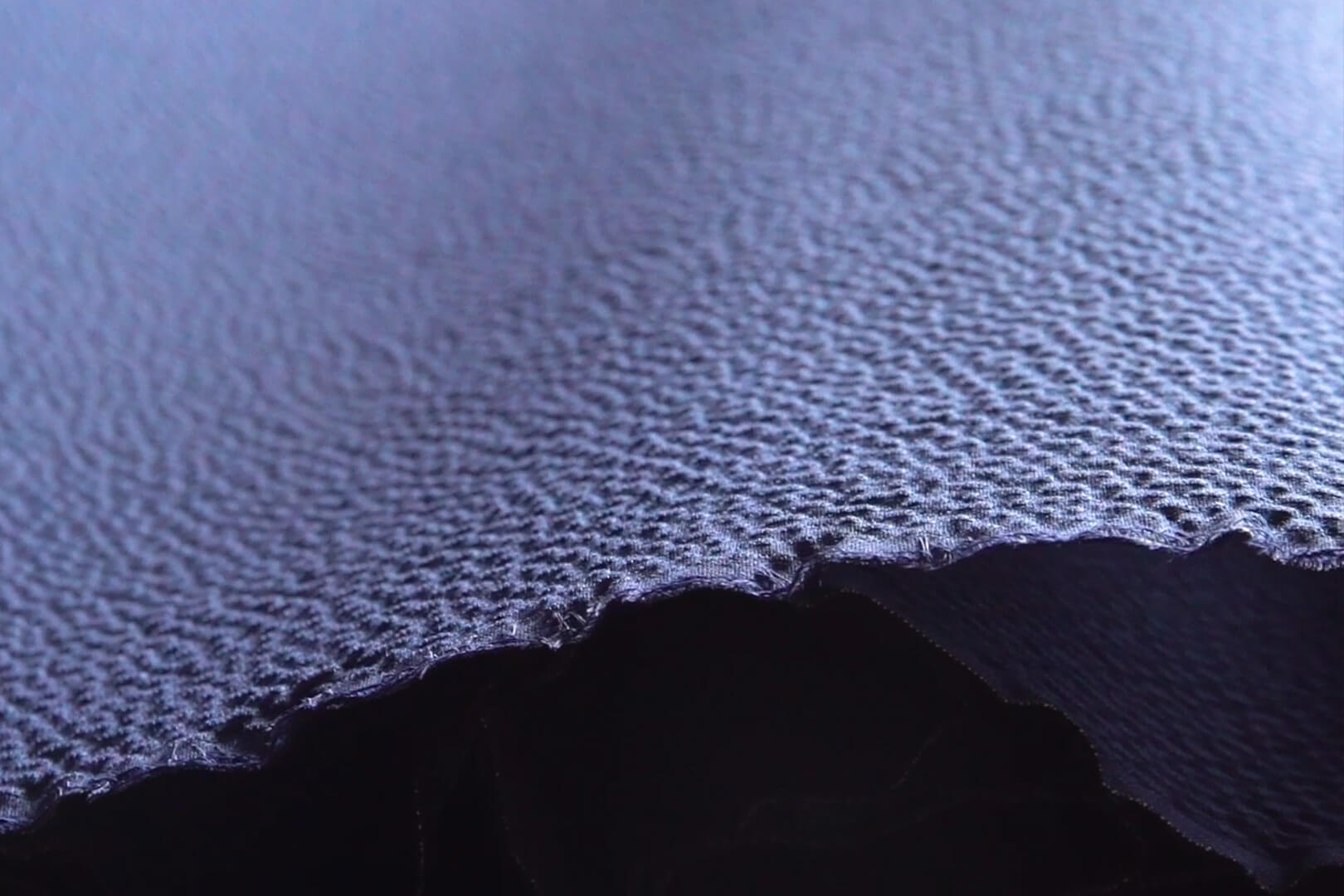
Awa Shijira-Ori TextileProduced by Dedicated Craftsmen
From the Edo Period, a textile from the Awa region. It features an uneven surface which is created by craftsmen with traditional technique and produced with steam, making the clothes airy, light and smooth for the summer.
-
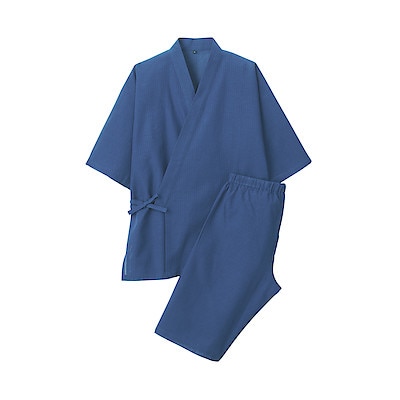 Men's Awa Shijira Jinbei
Men's Awa Shijira Jinbei
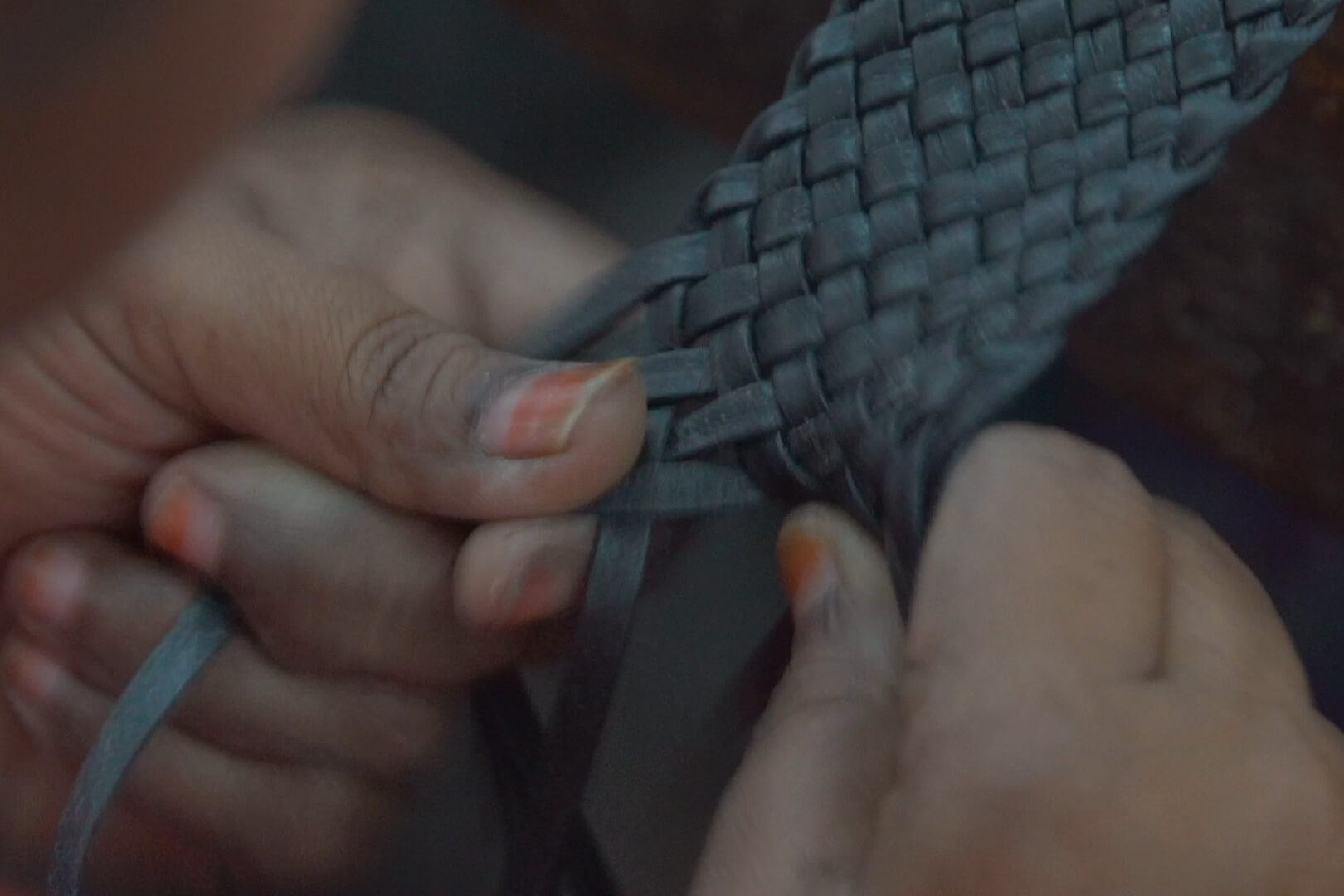
Handwoven LeatherGentle and Soft Leather Goods
By utilising leather of different sizes and shapes, cutting them into fine strips and handweaving them together, the leather gets more tender and fits better for further processing. This leather is especially suitable for making sandals or handbags, bringing gentle and soft touch.
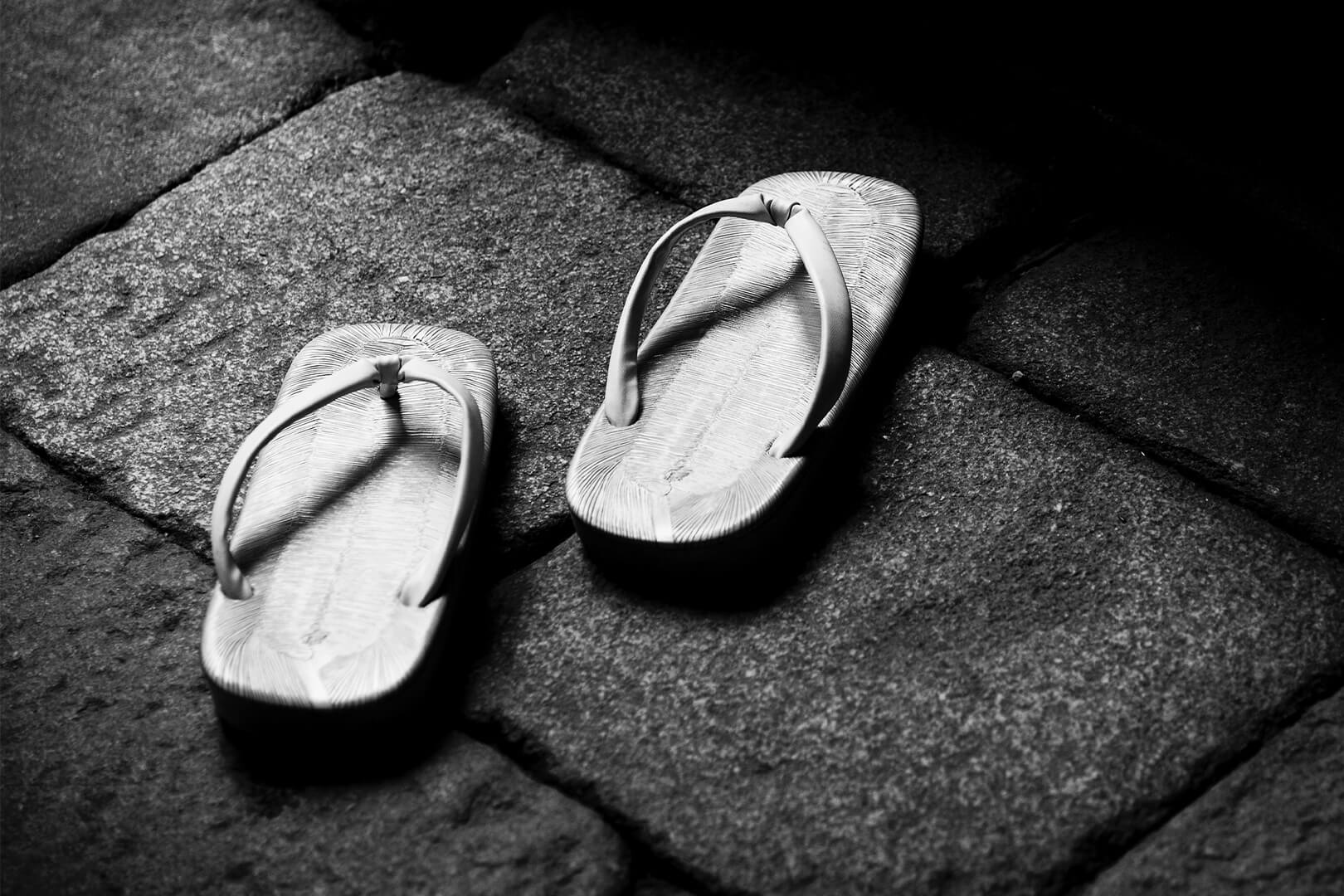
文化と知恵
雪駄日本で生まれたサンダル。
安土桃山時代の頃に登場した雪駄。草履や下駄と比べて、雪や雨に強く歩きやすい履物として広まりました。現代の素材を合わせて、快適に履けるサンダルを作りました。
-
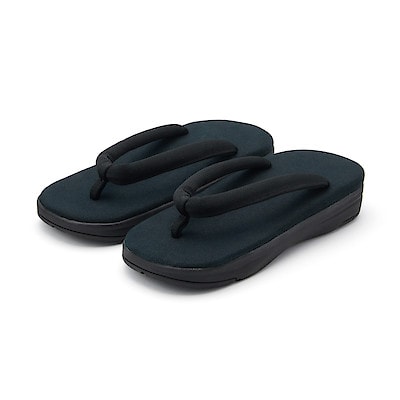 かかとの衝撃を吸収する
かかとの衝撃を吸収する
雪駄サンダル 消費税込2,990円 5月下旬発売予定

Awa Shijira-Ori TextileProduced by Dedicated Craftsmen
源自江戶時代日本四國阿波地域出產的布料。由具備傳統技術的熟練工匠進行染色及編織等工序,並以蒸汽製成,呈現Awa Shijira-Ori Textile布料獨特的縐褶,觸感輕盈通爽。
-
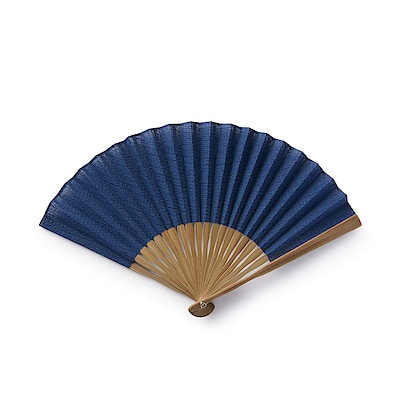 摺扇
摺扇
-
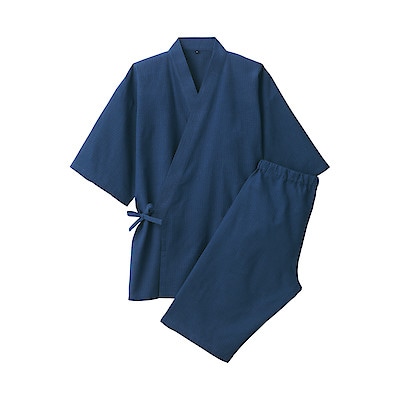 男裝有機棉阿波藍染織日式家居服
(五月中旬發售)
男裝有機棉阿波藍染織日式家居服
(五月中旬發售)
